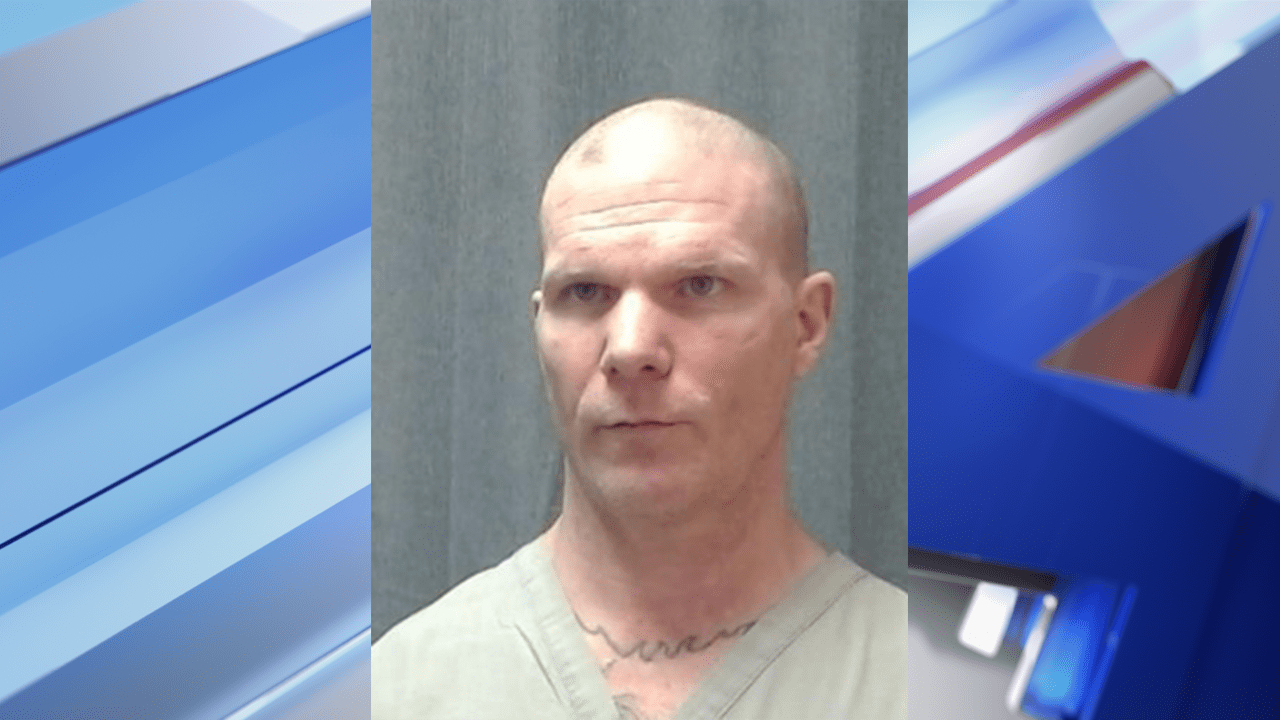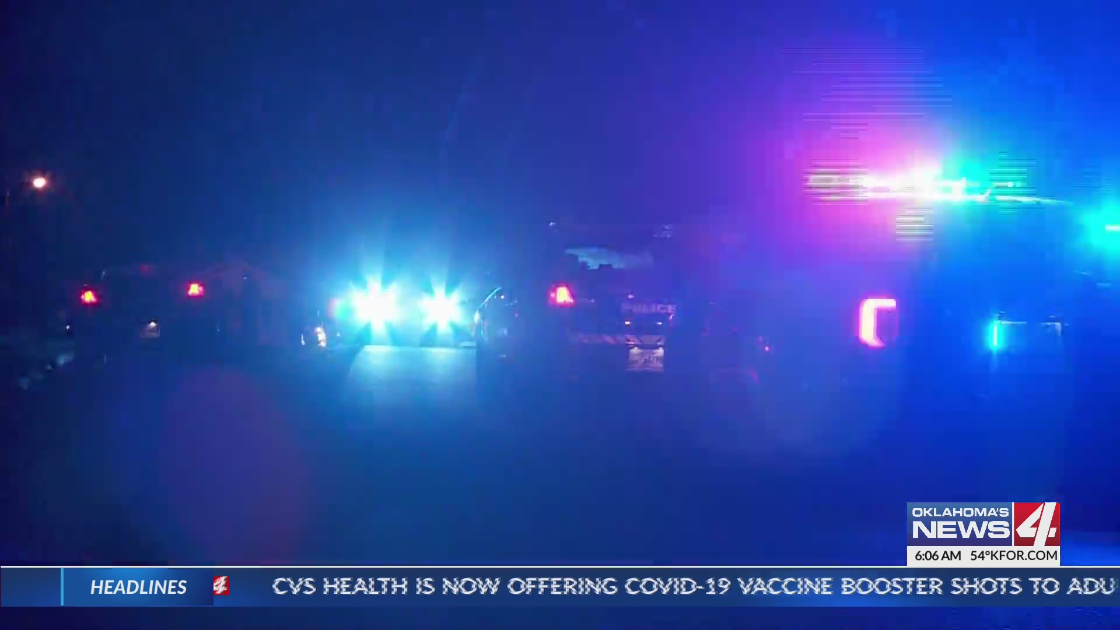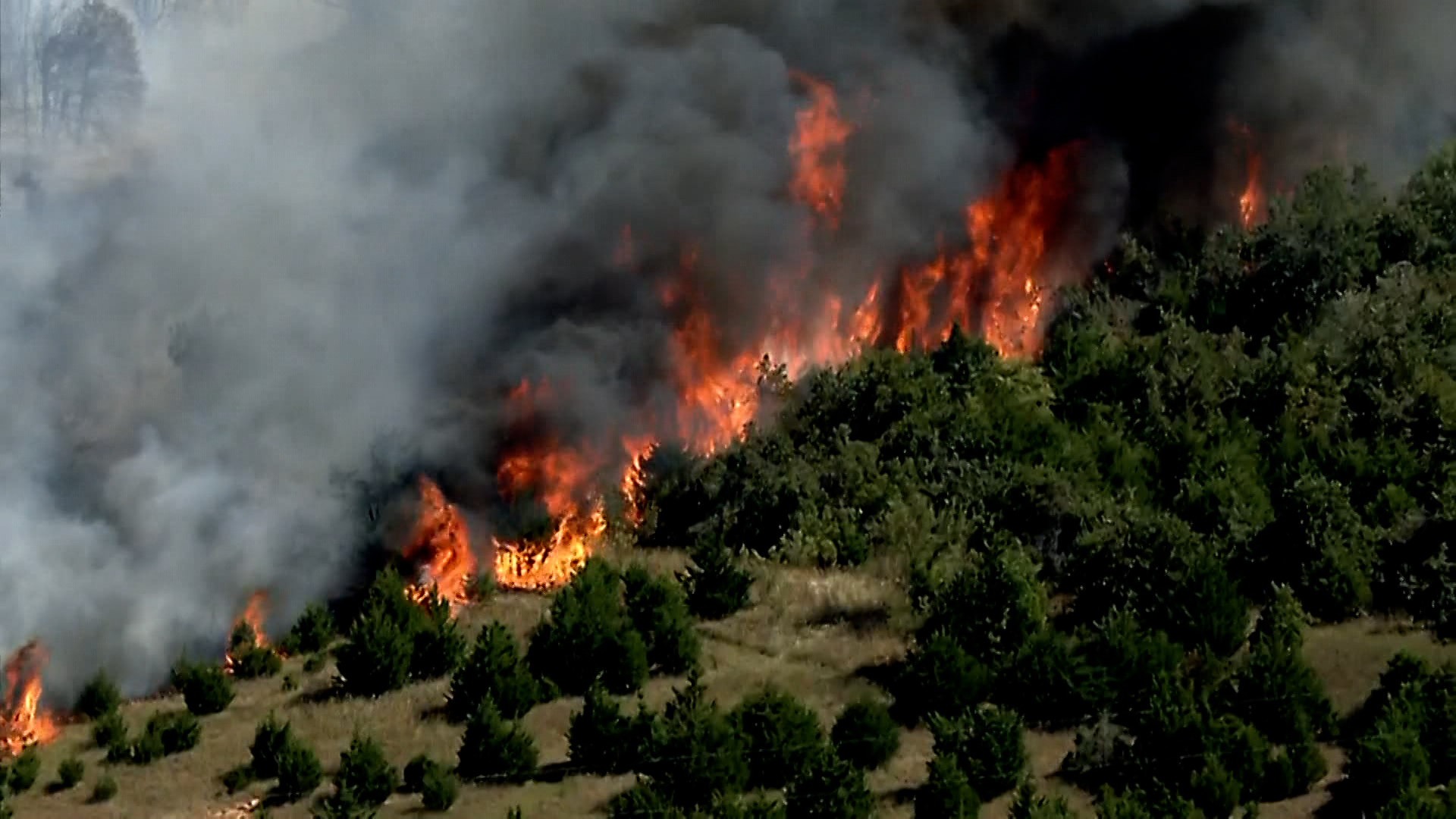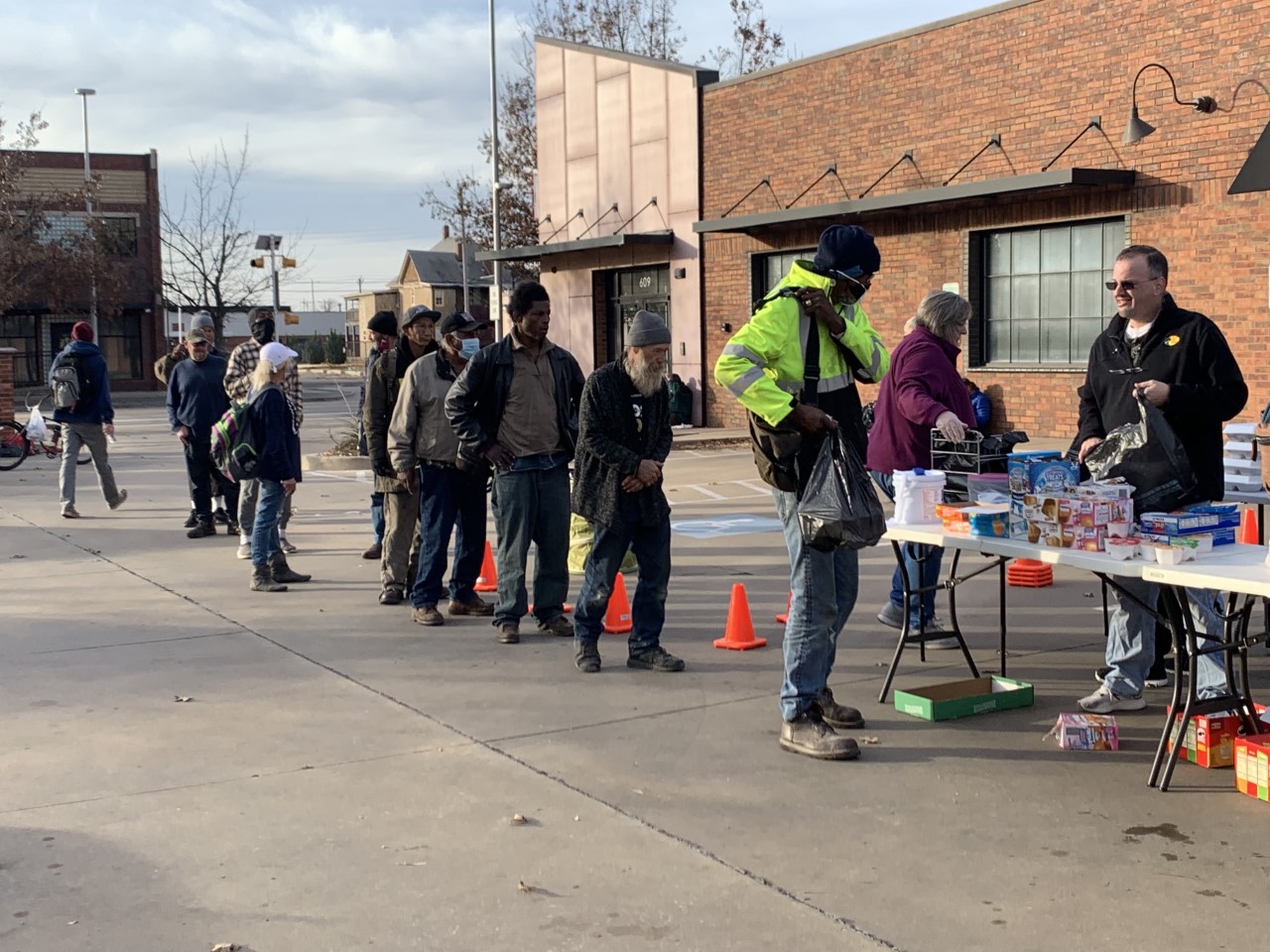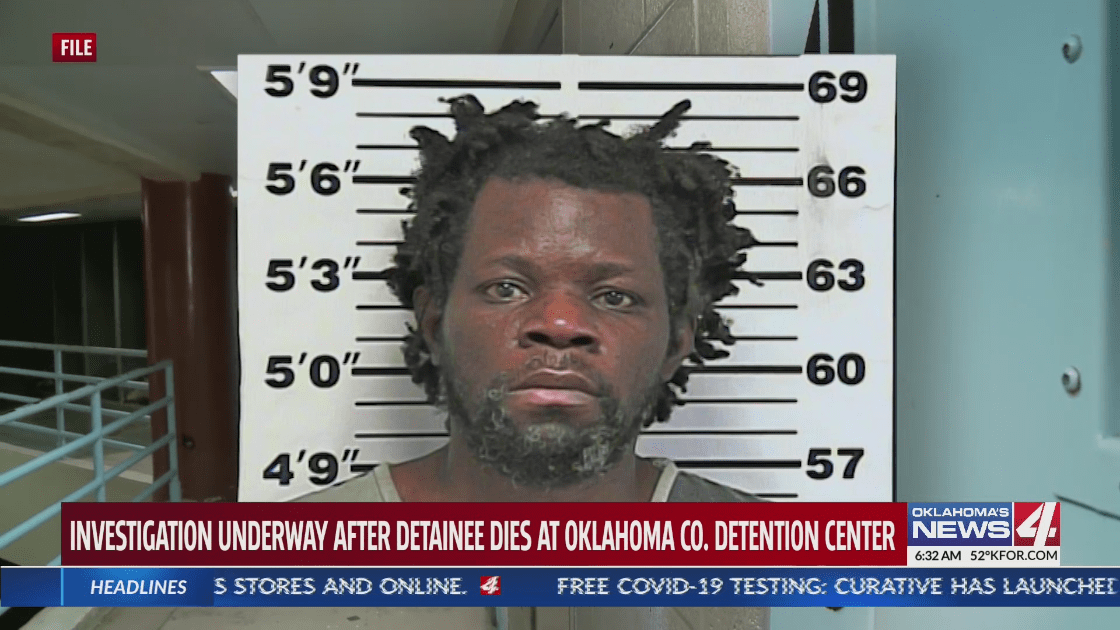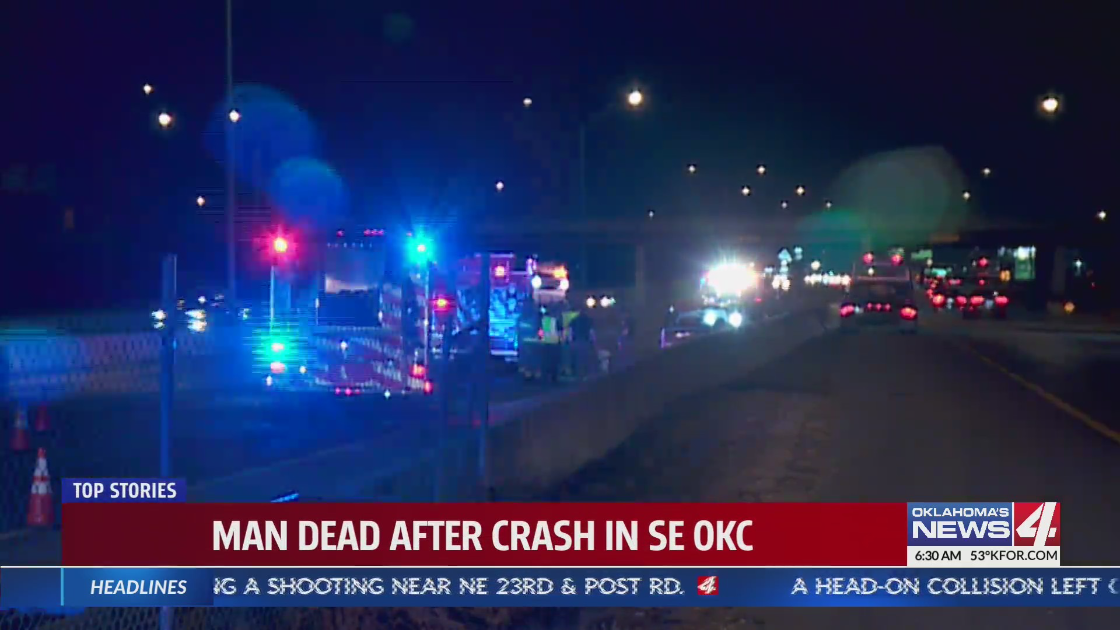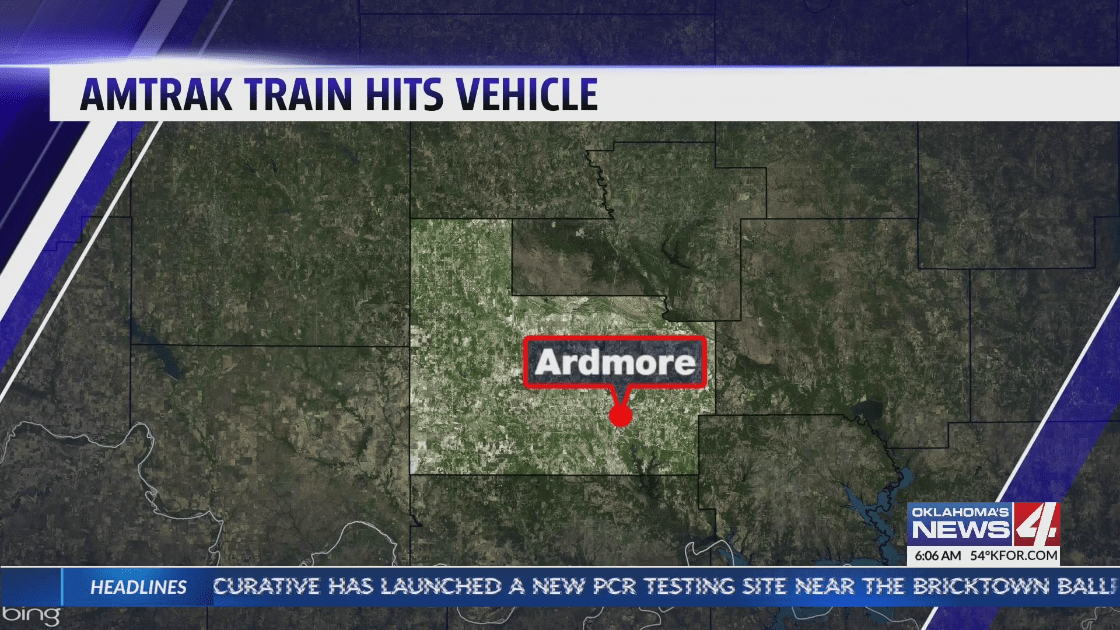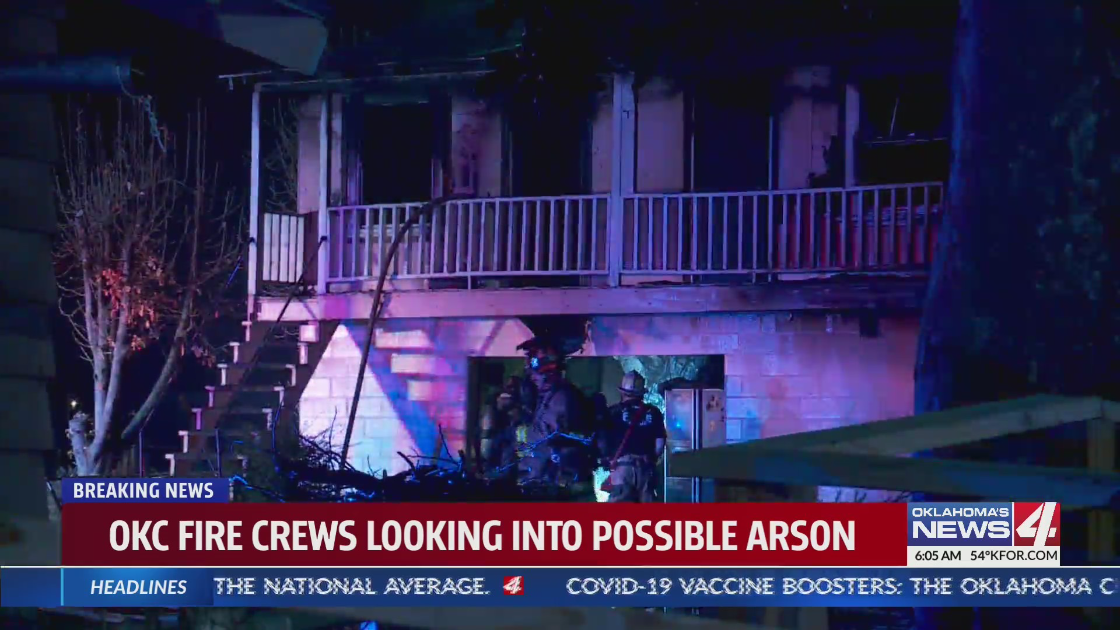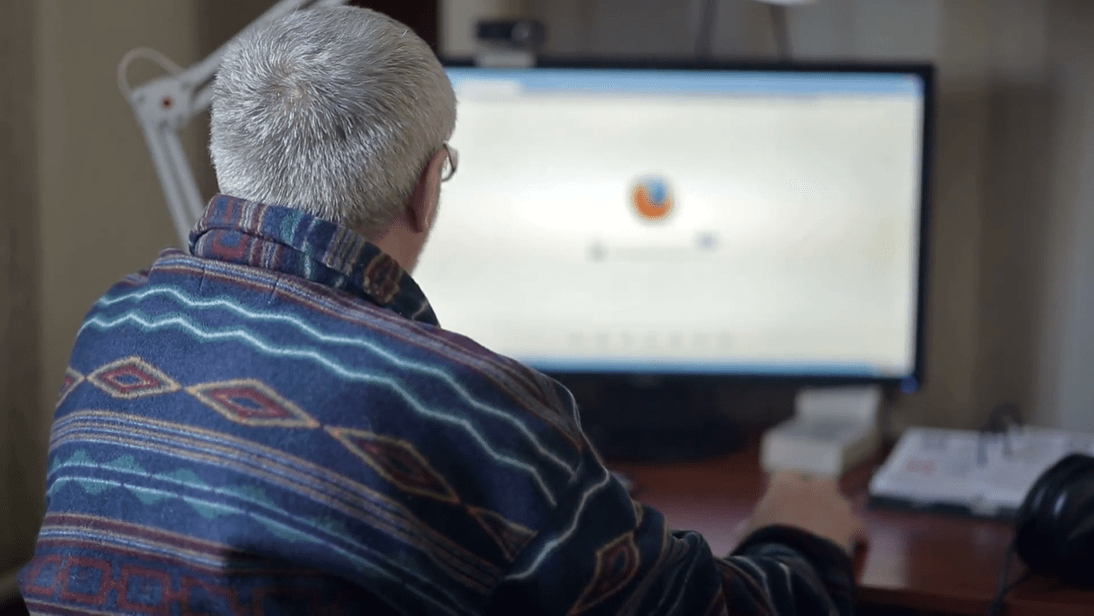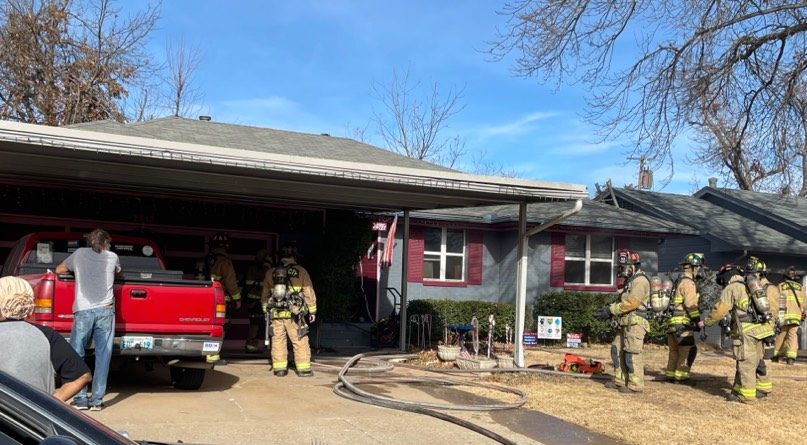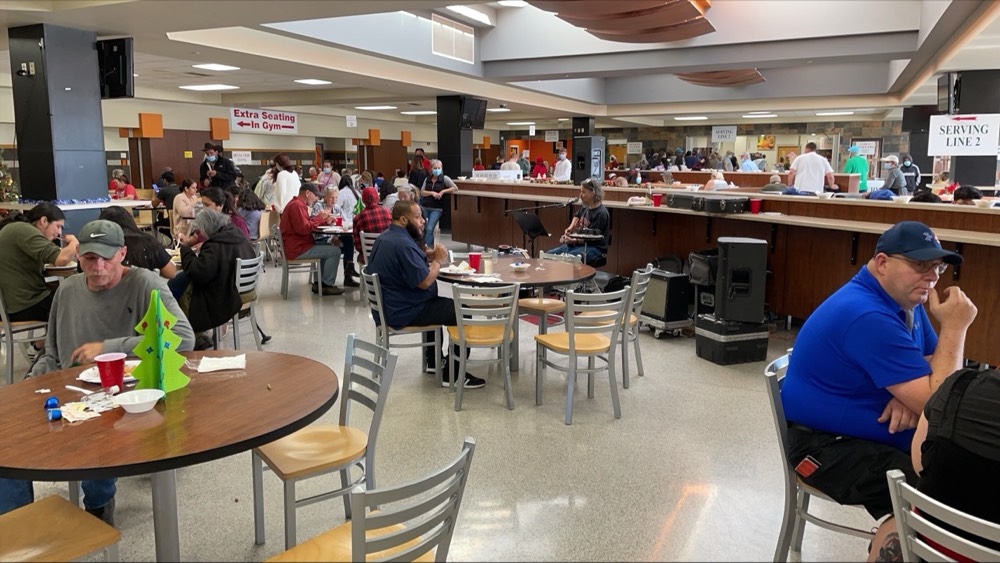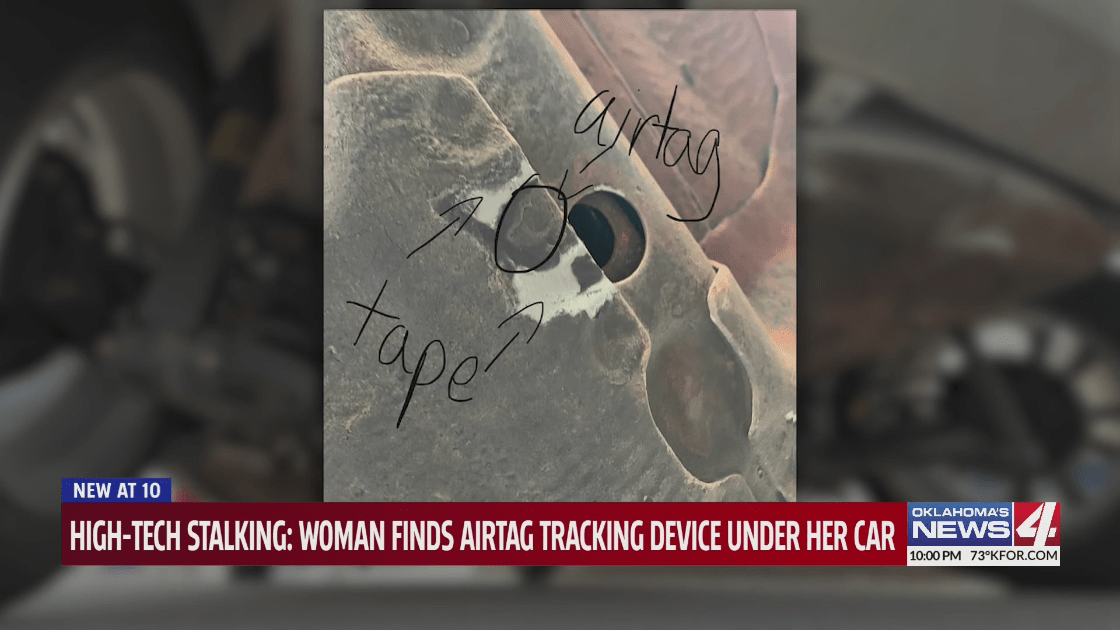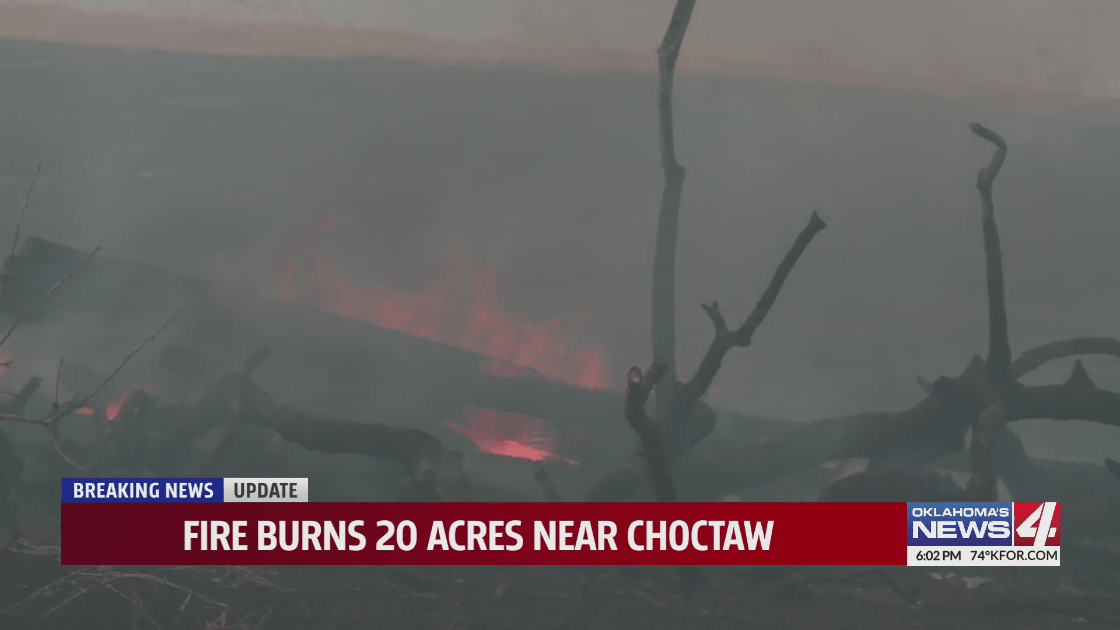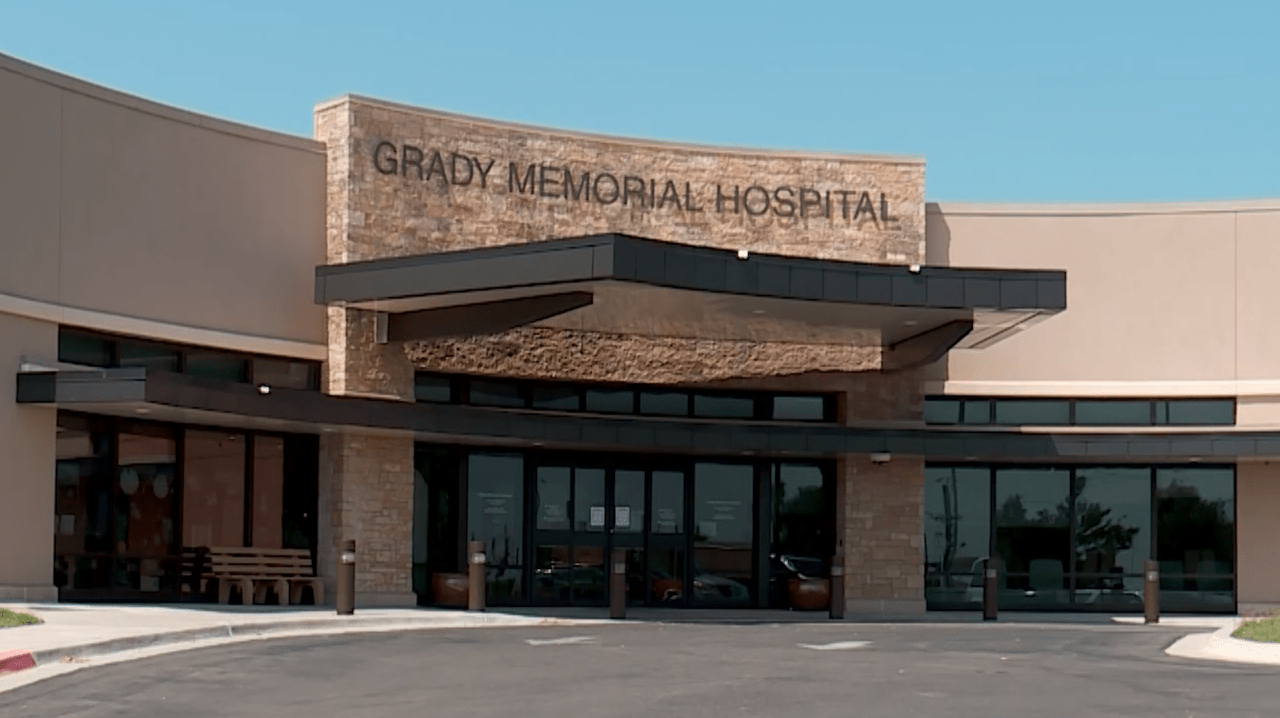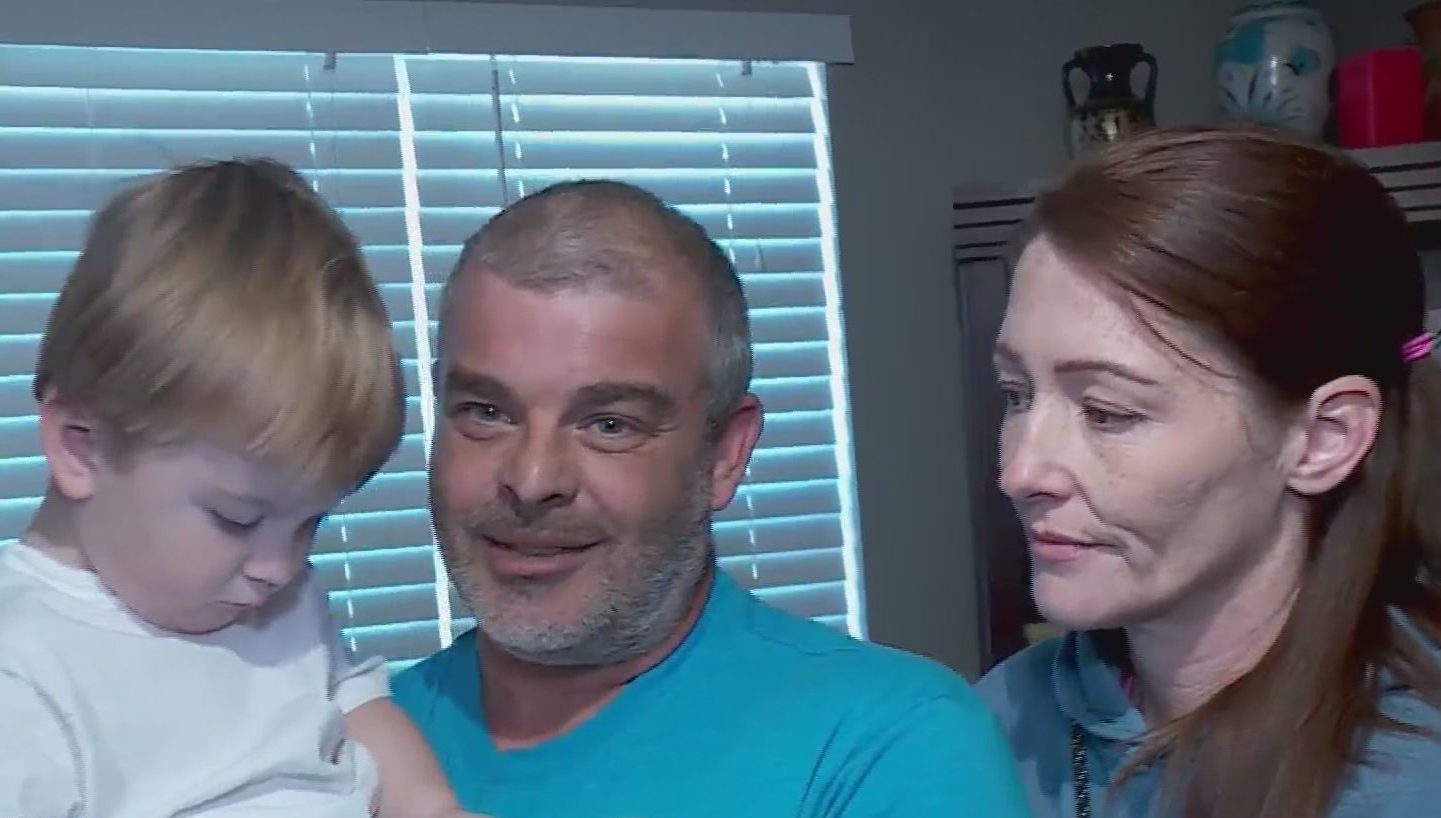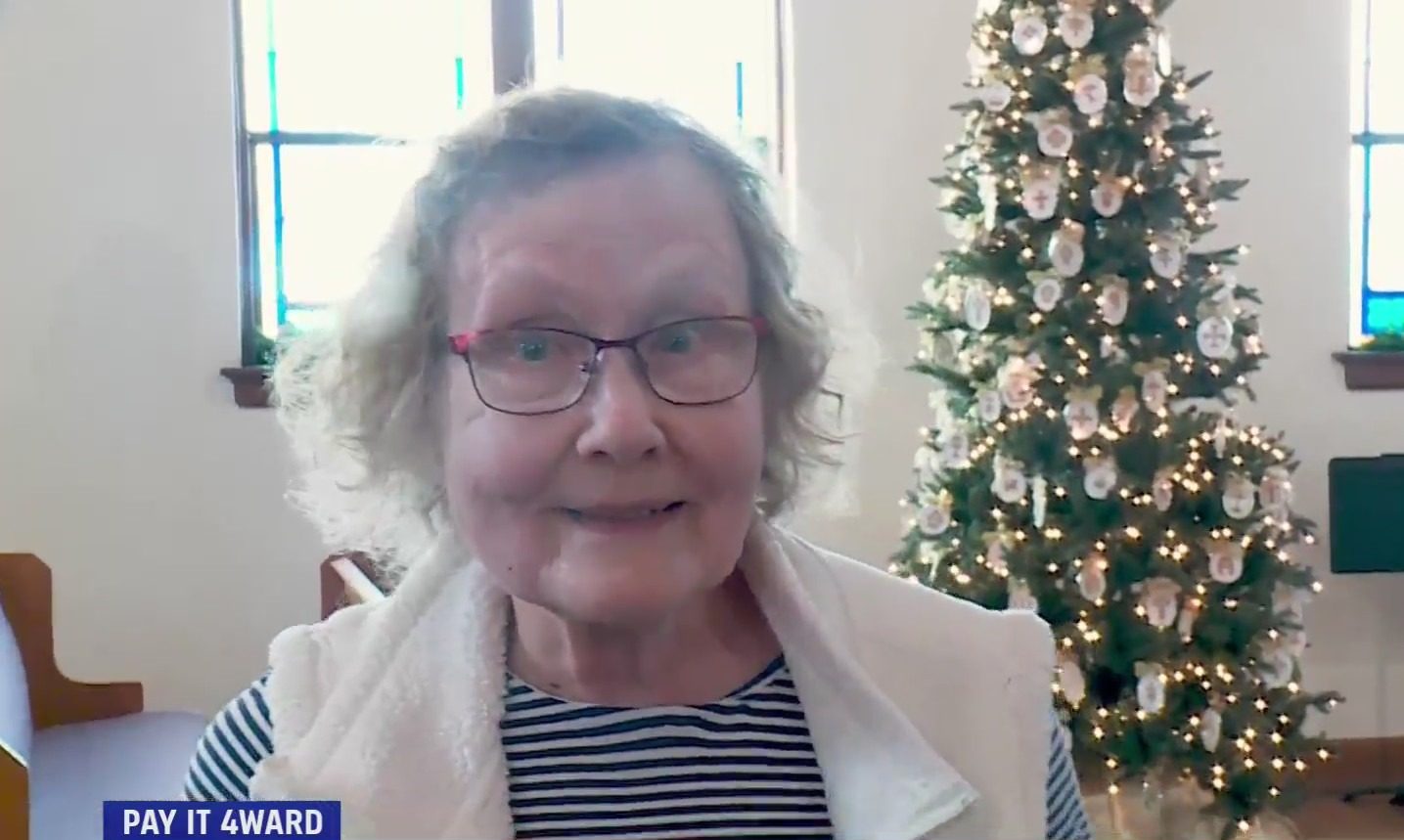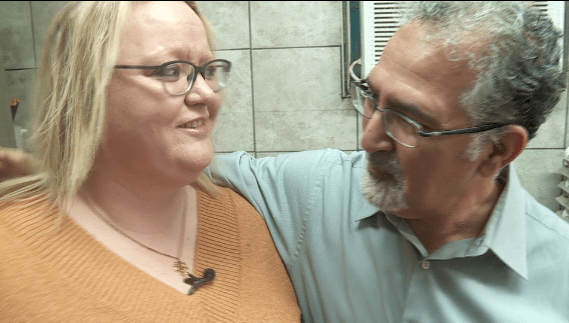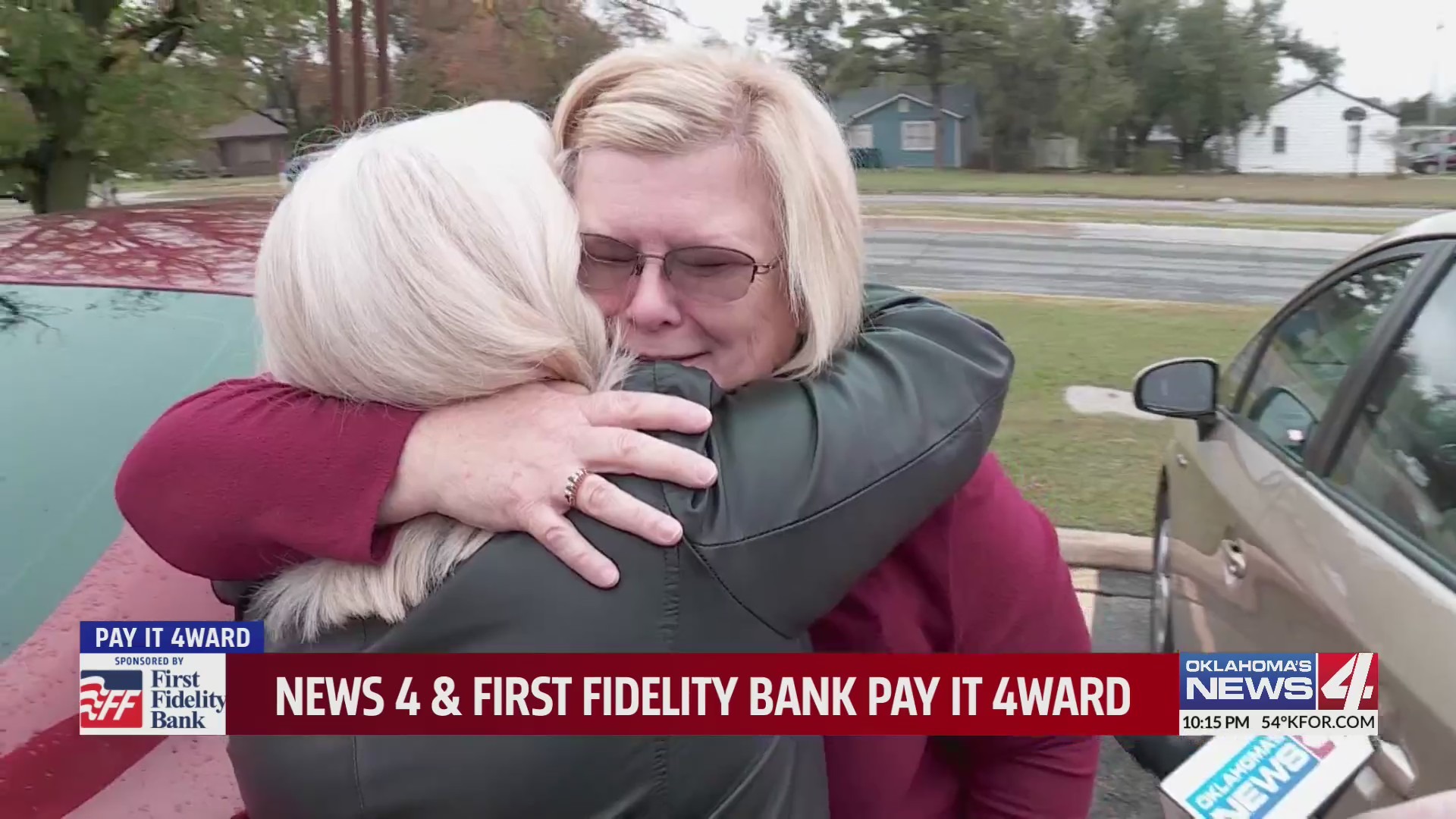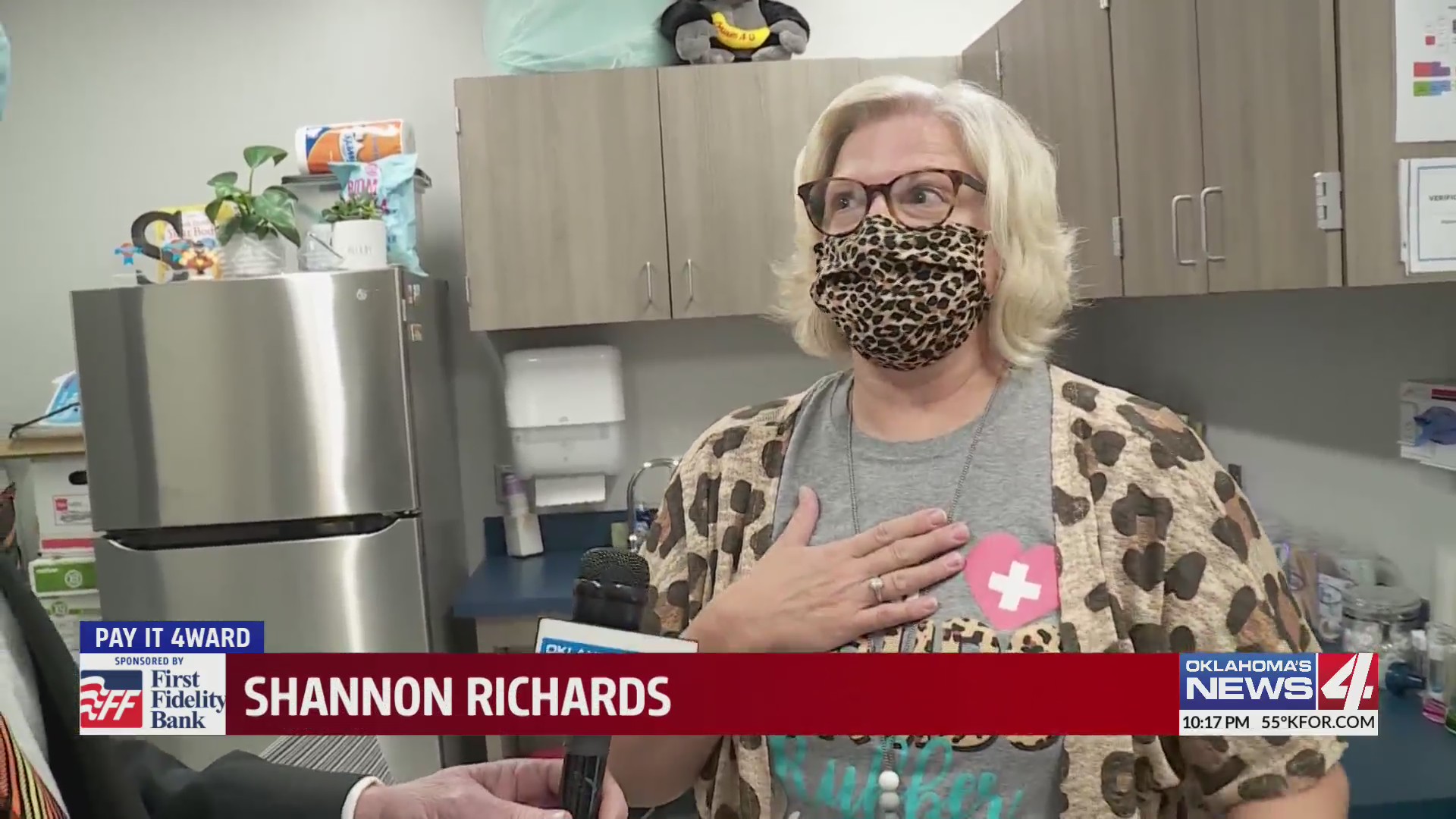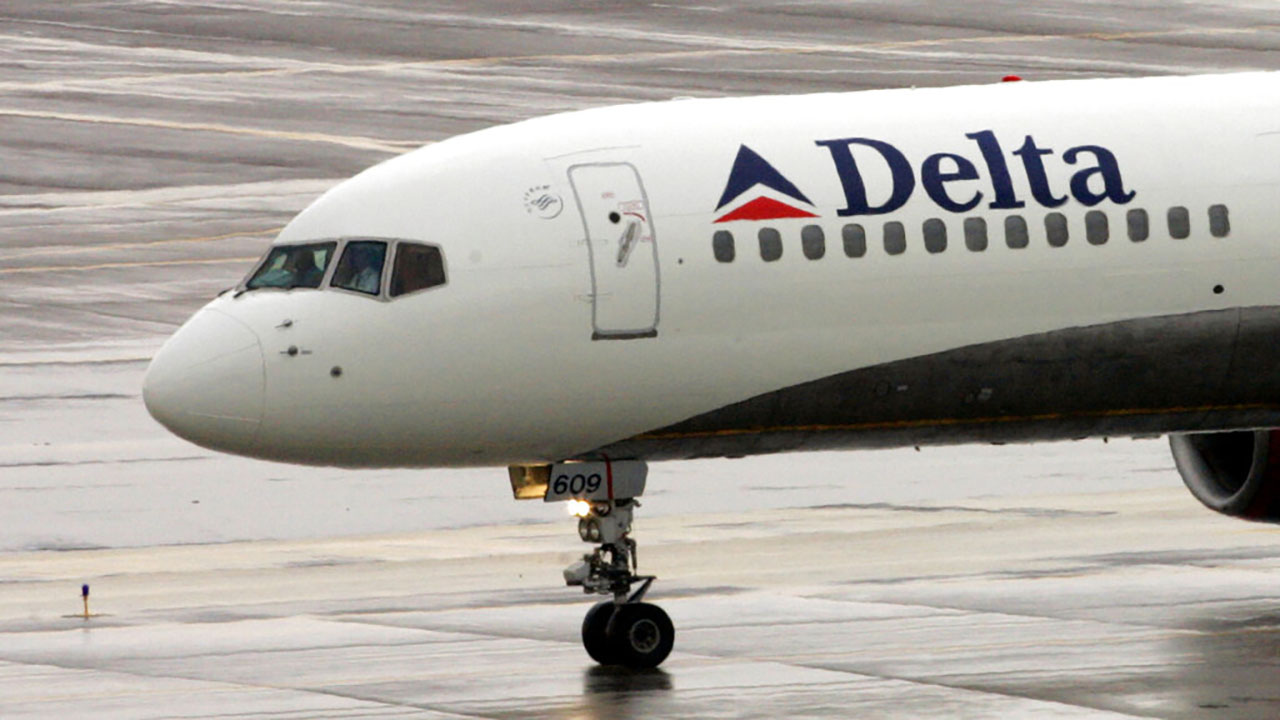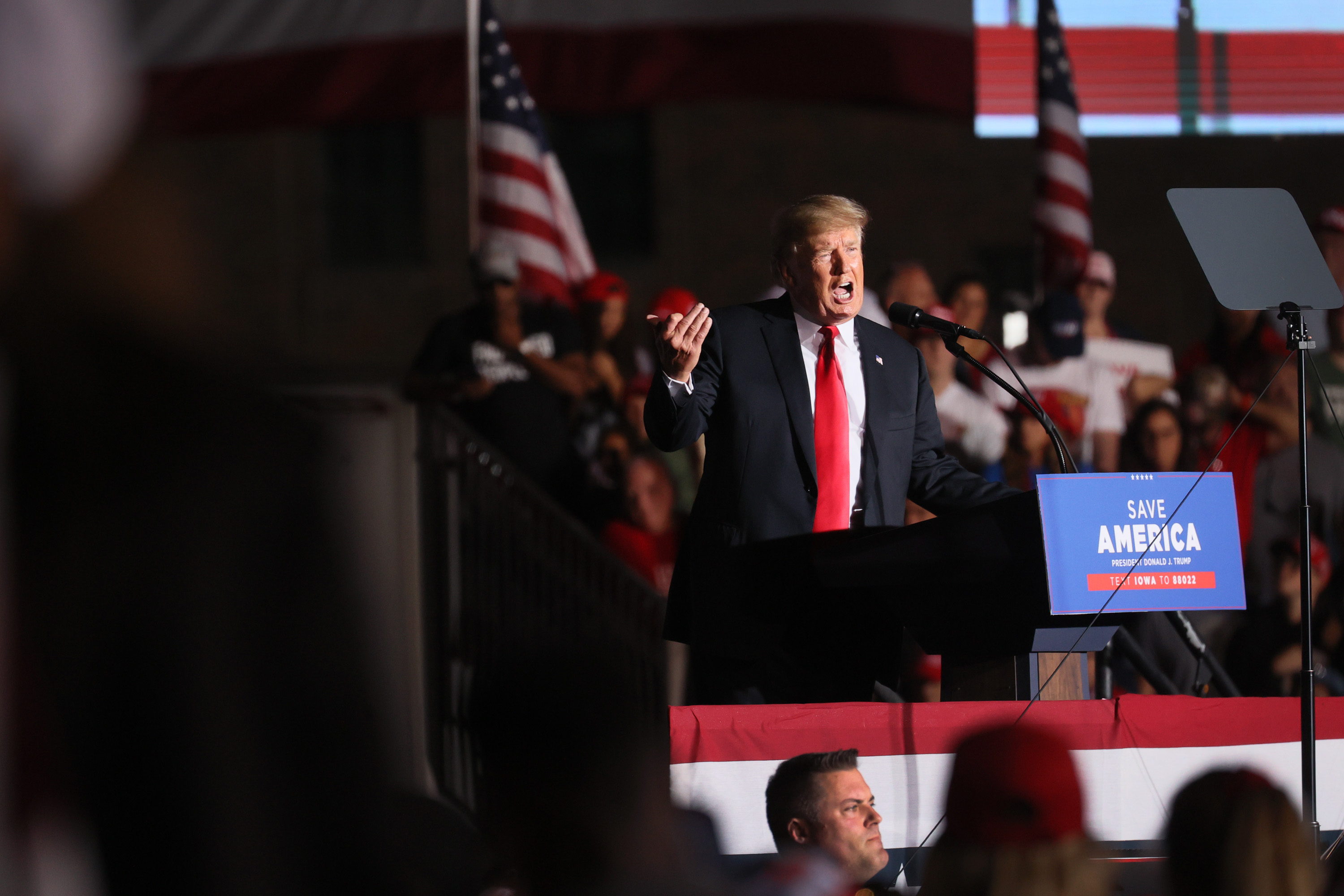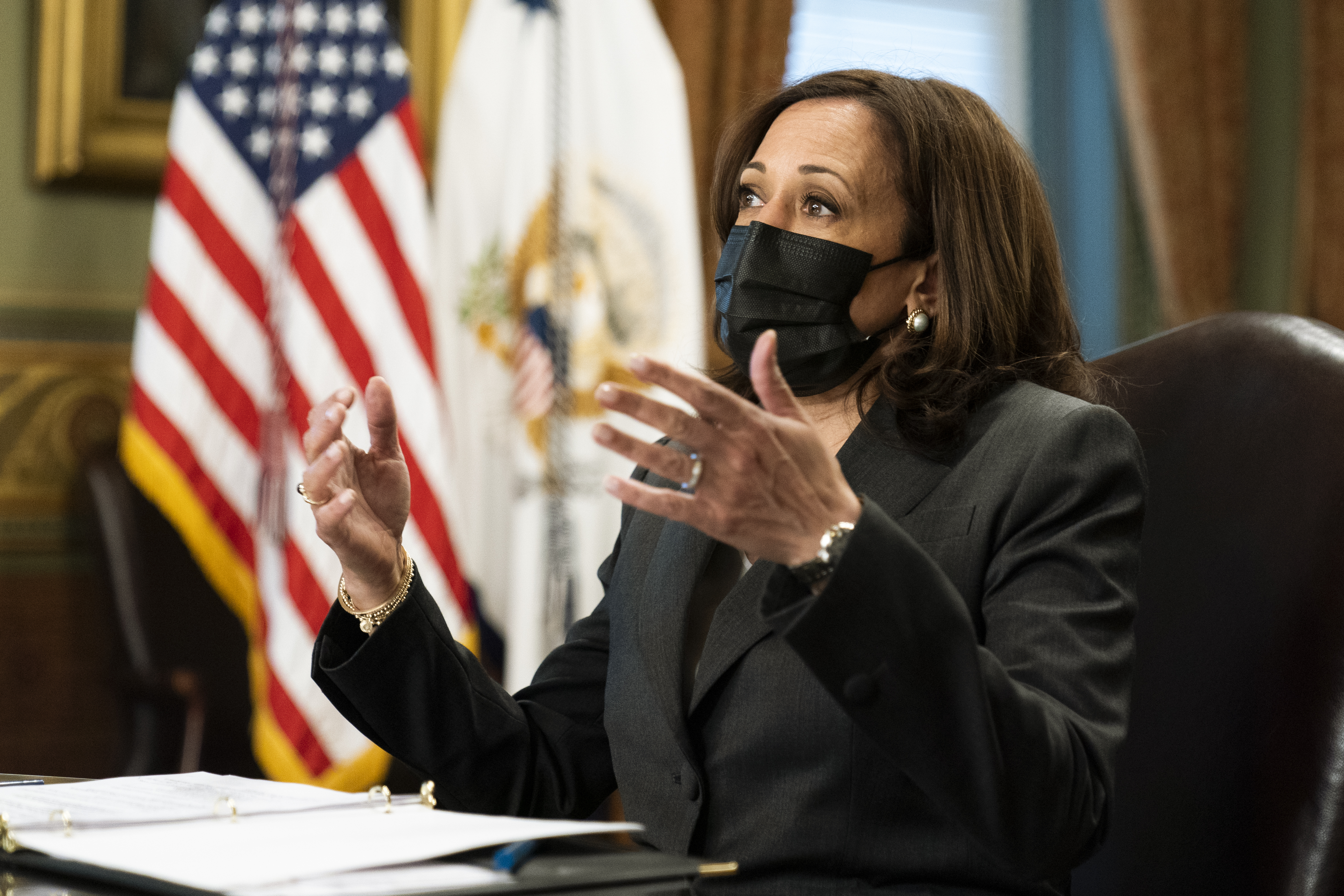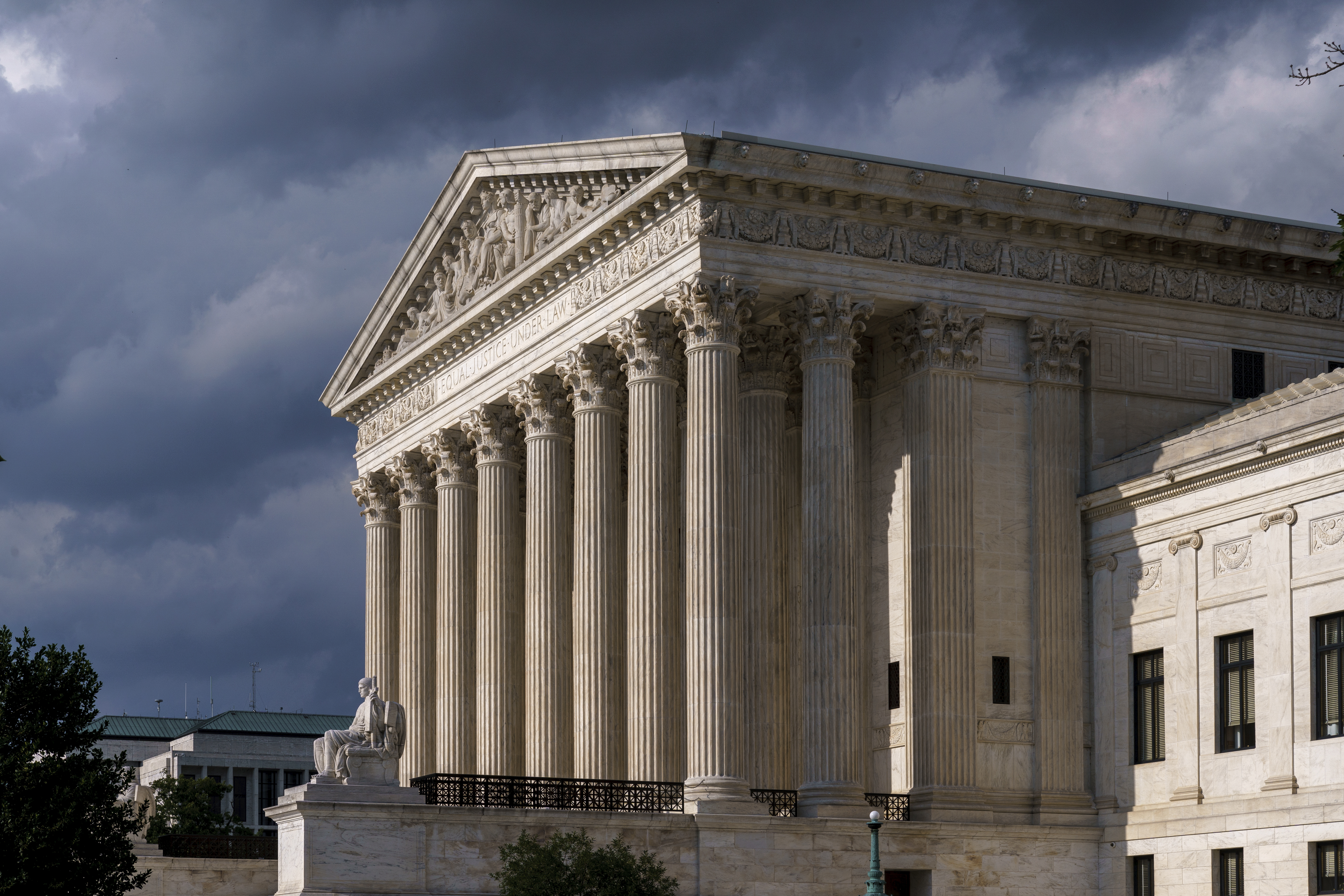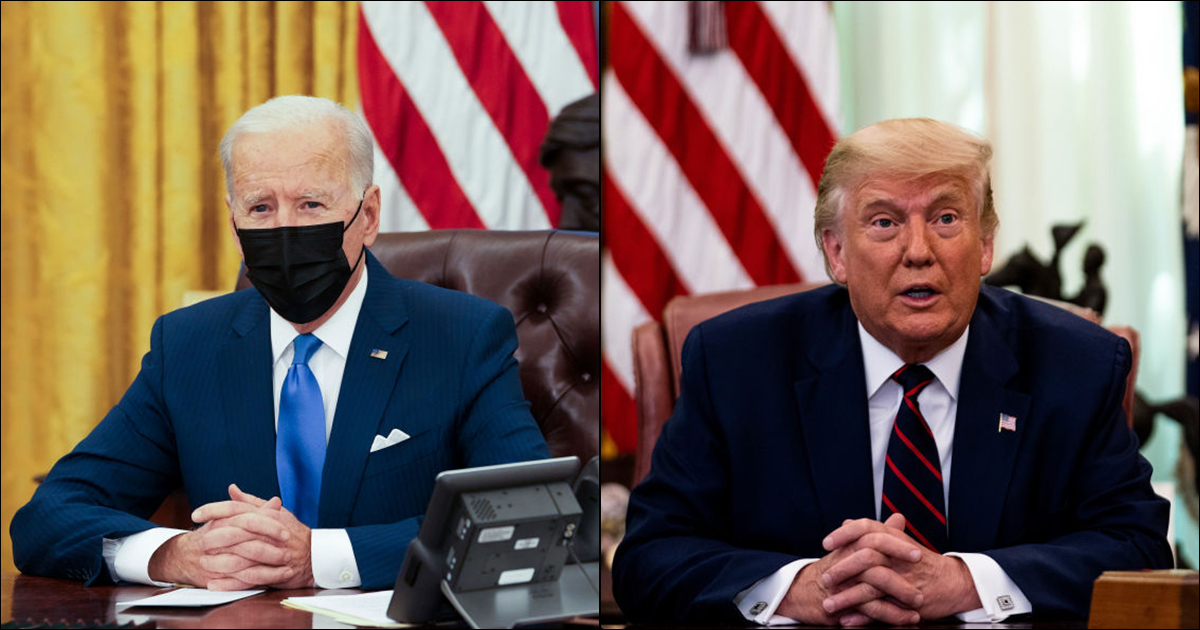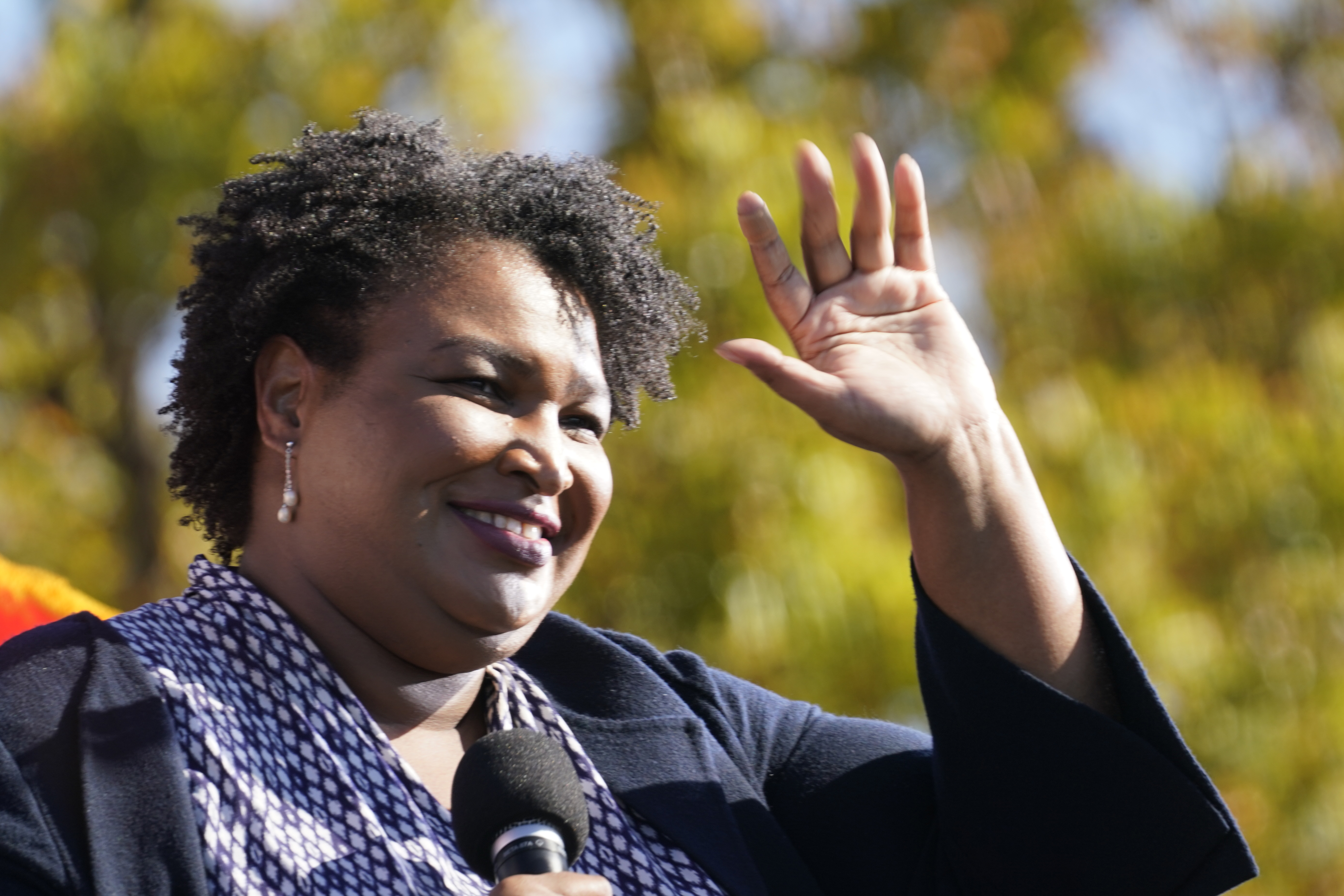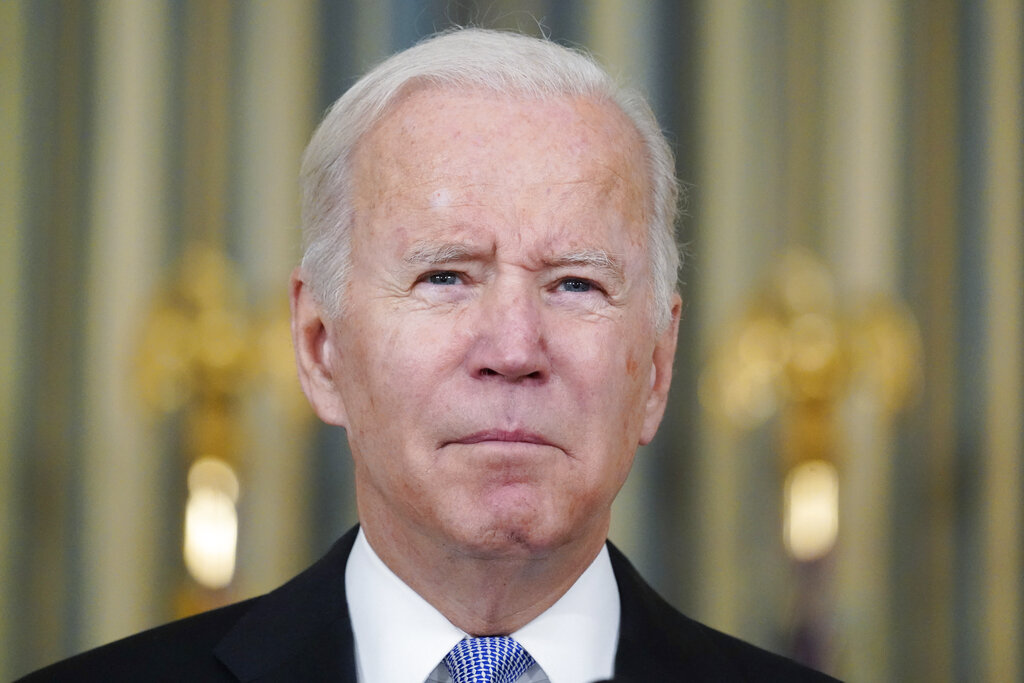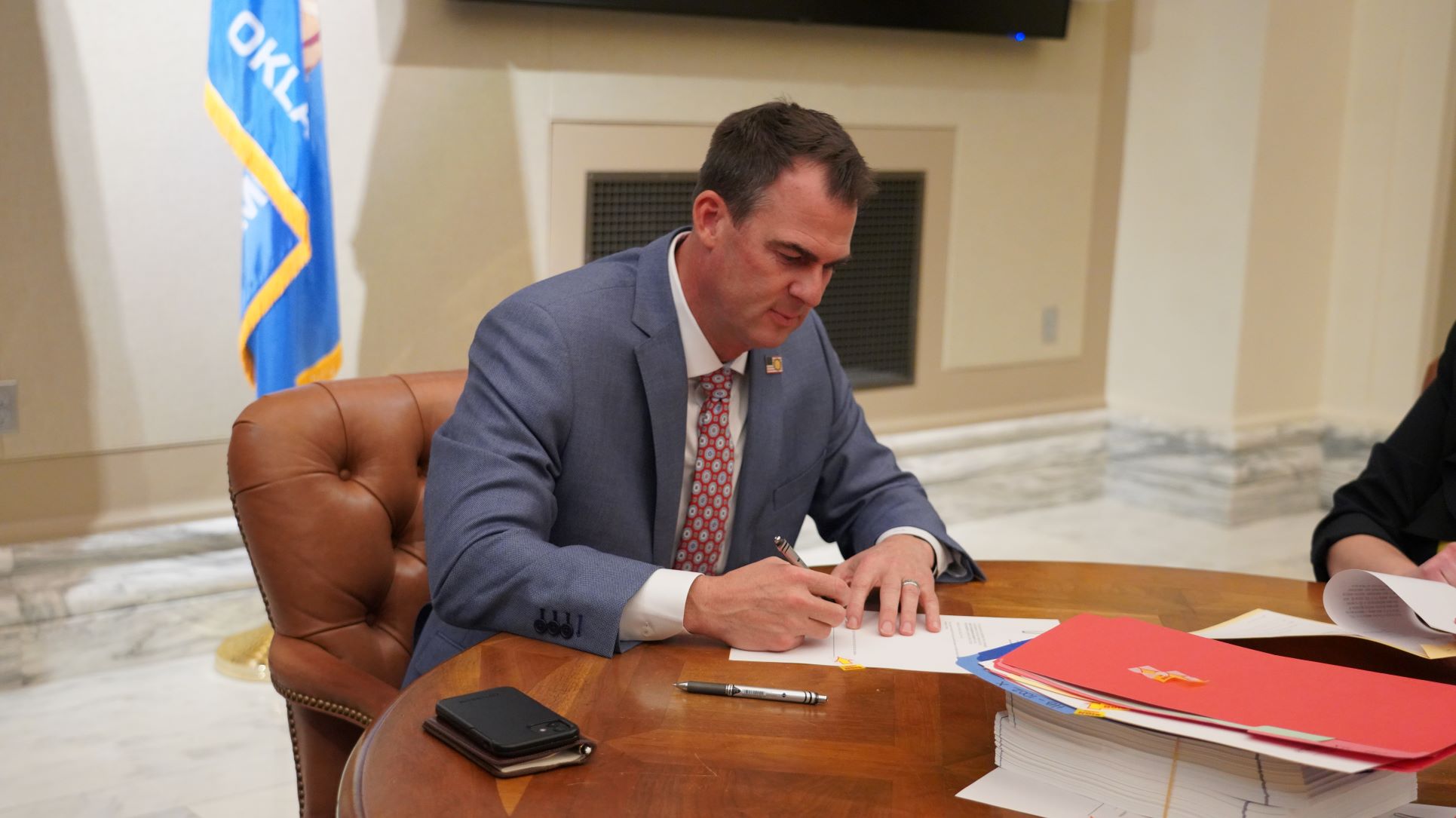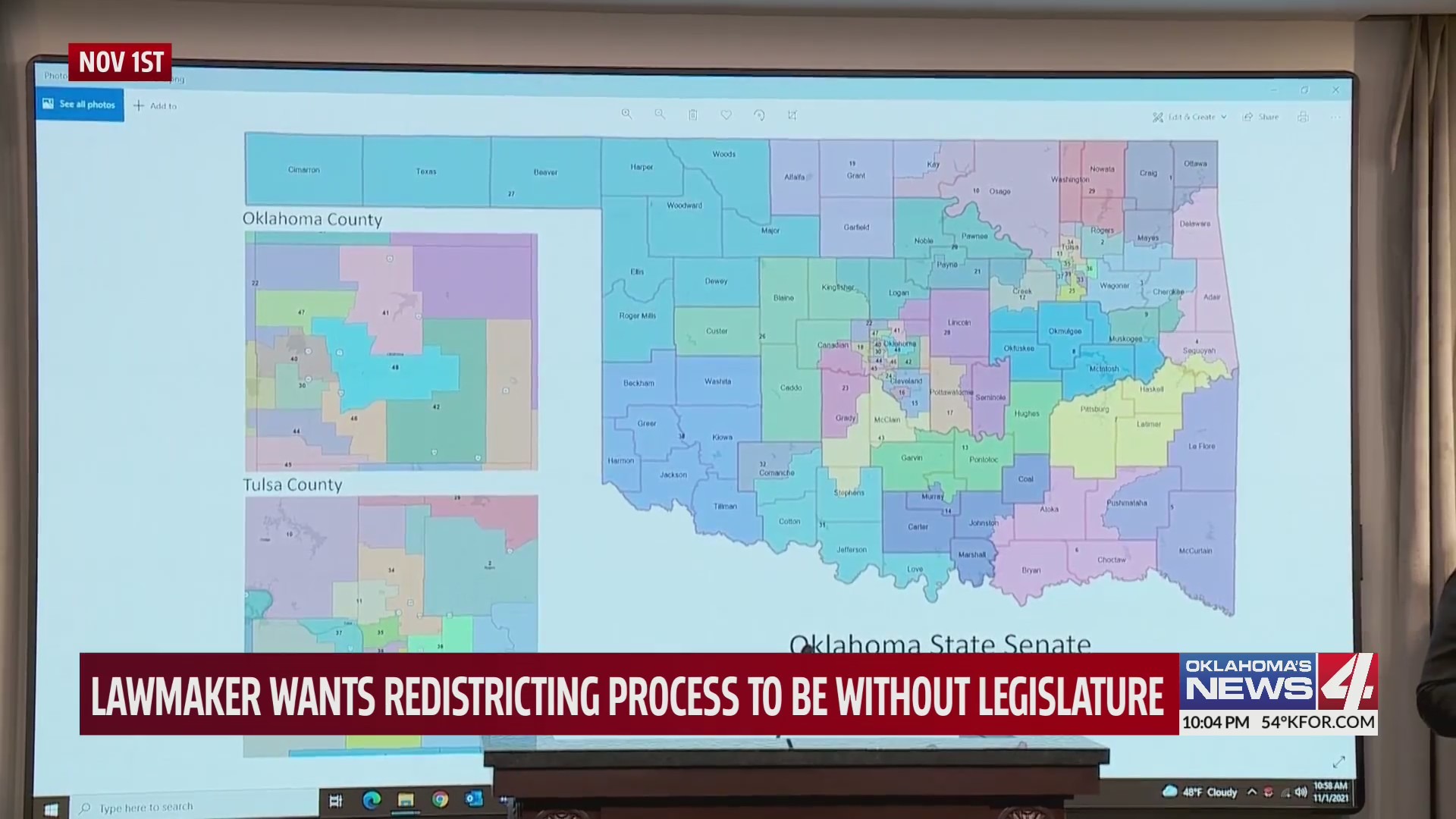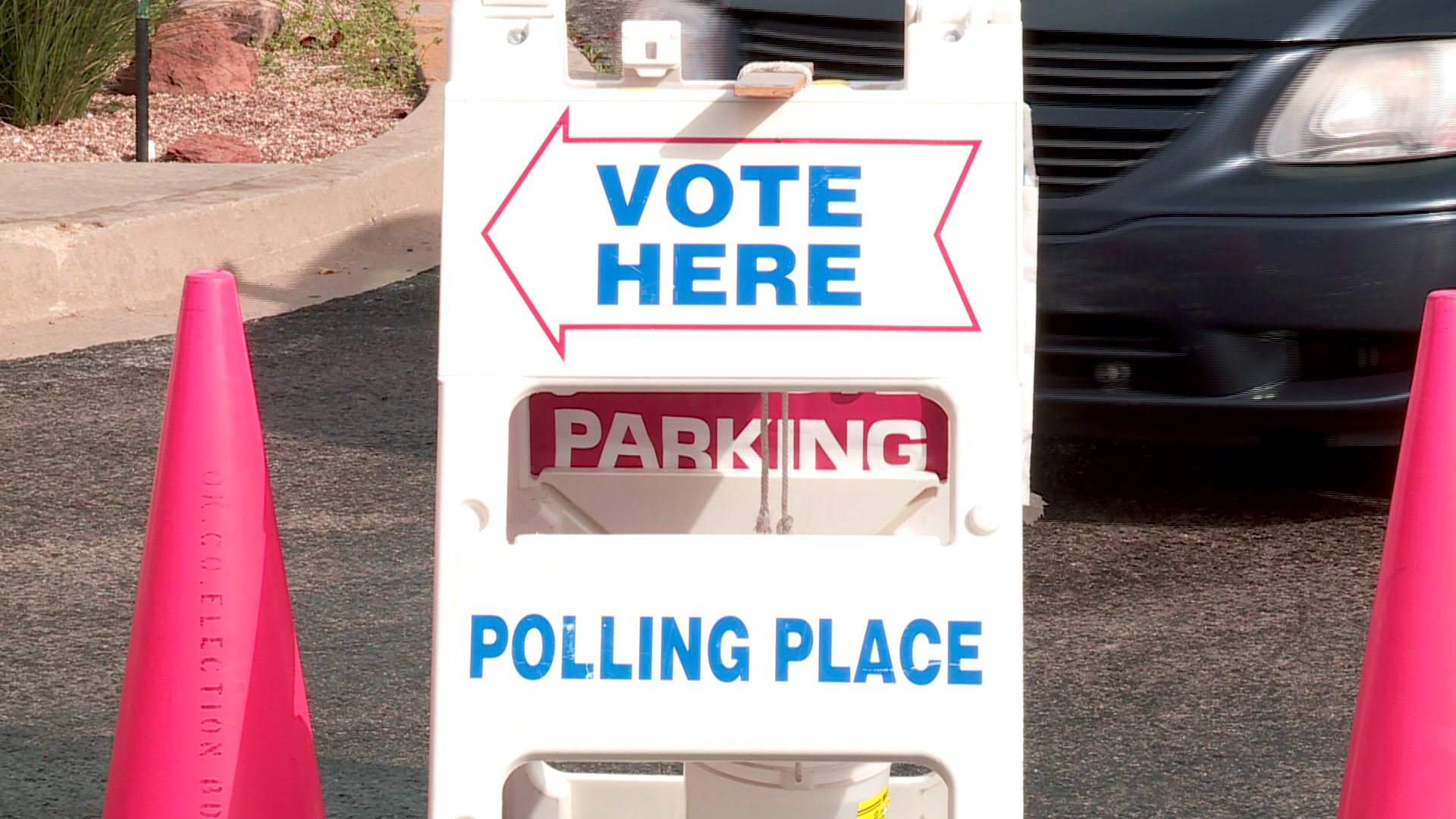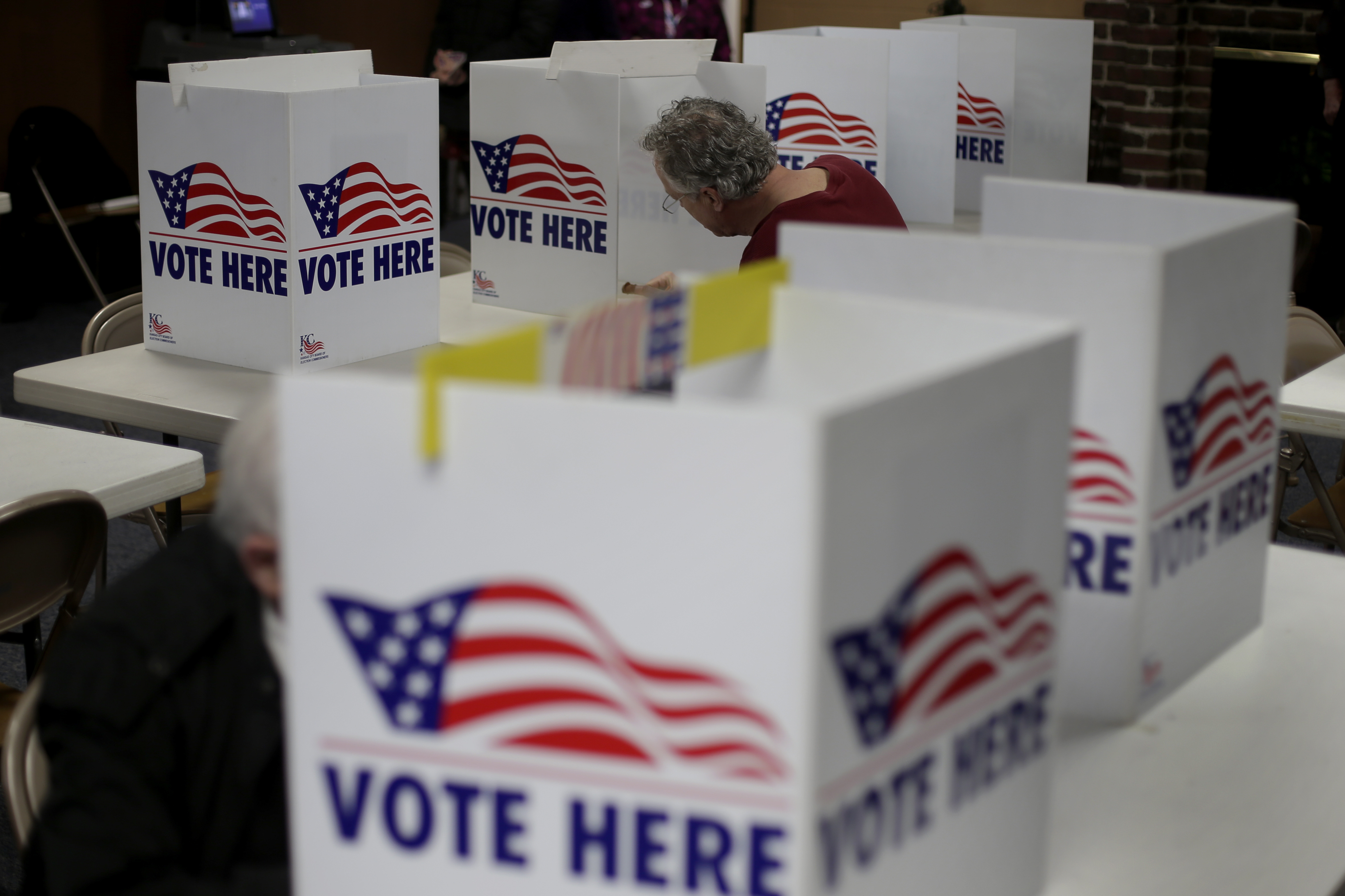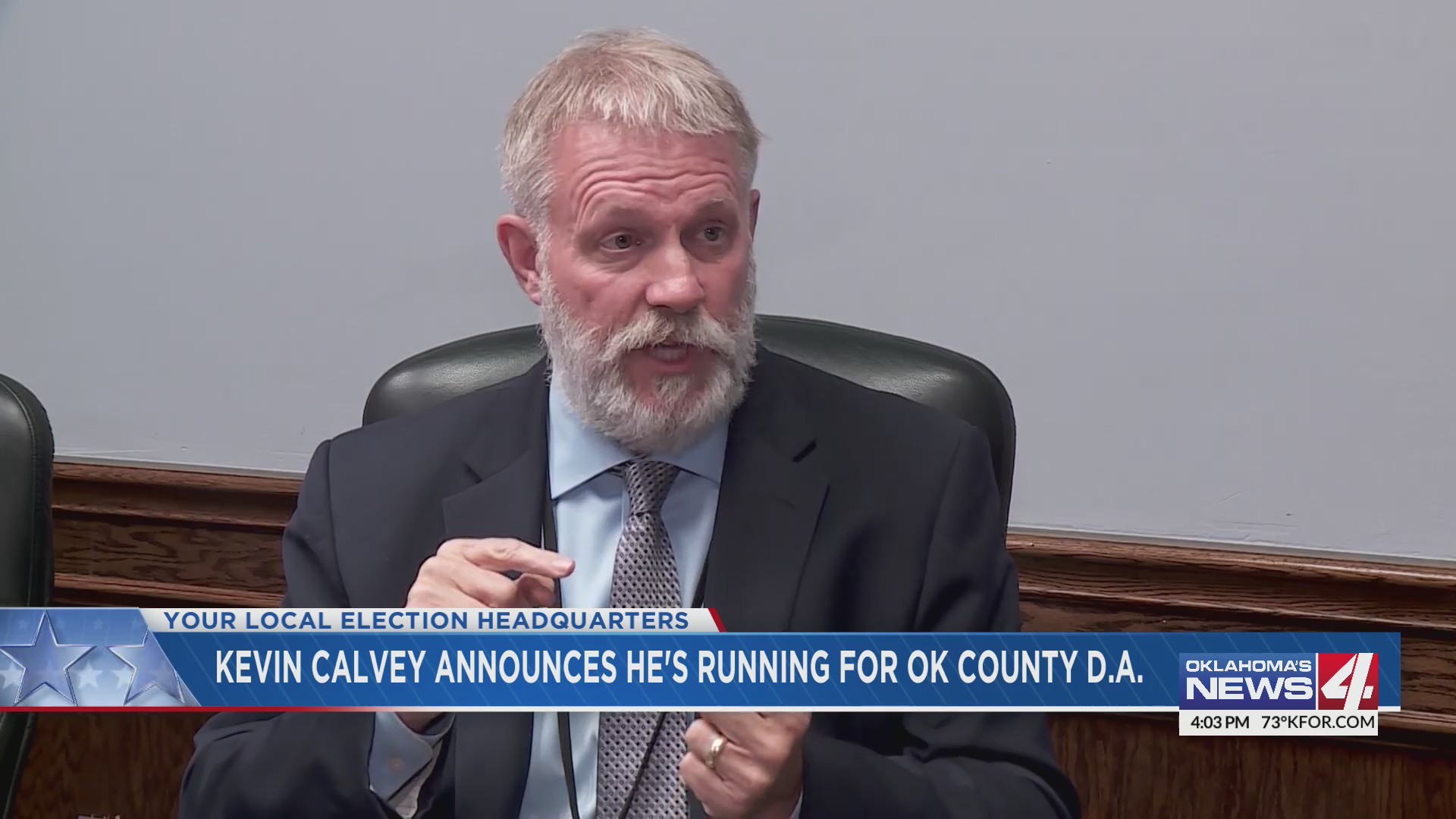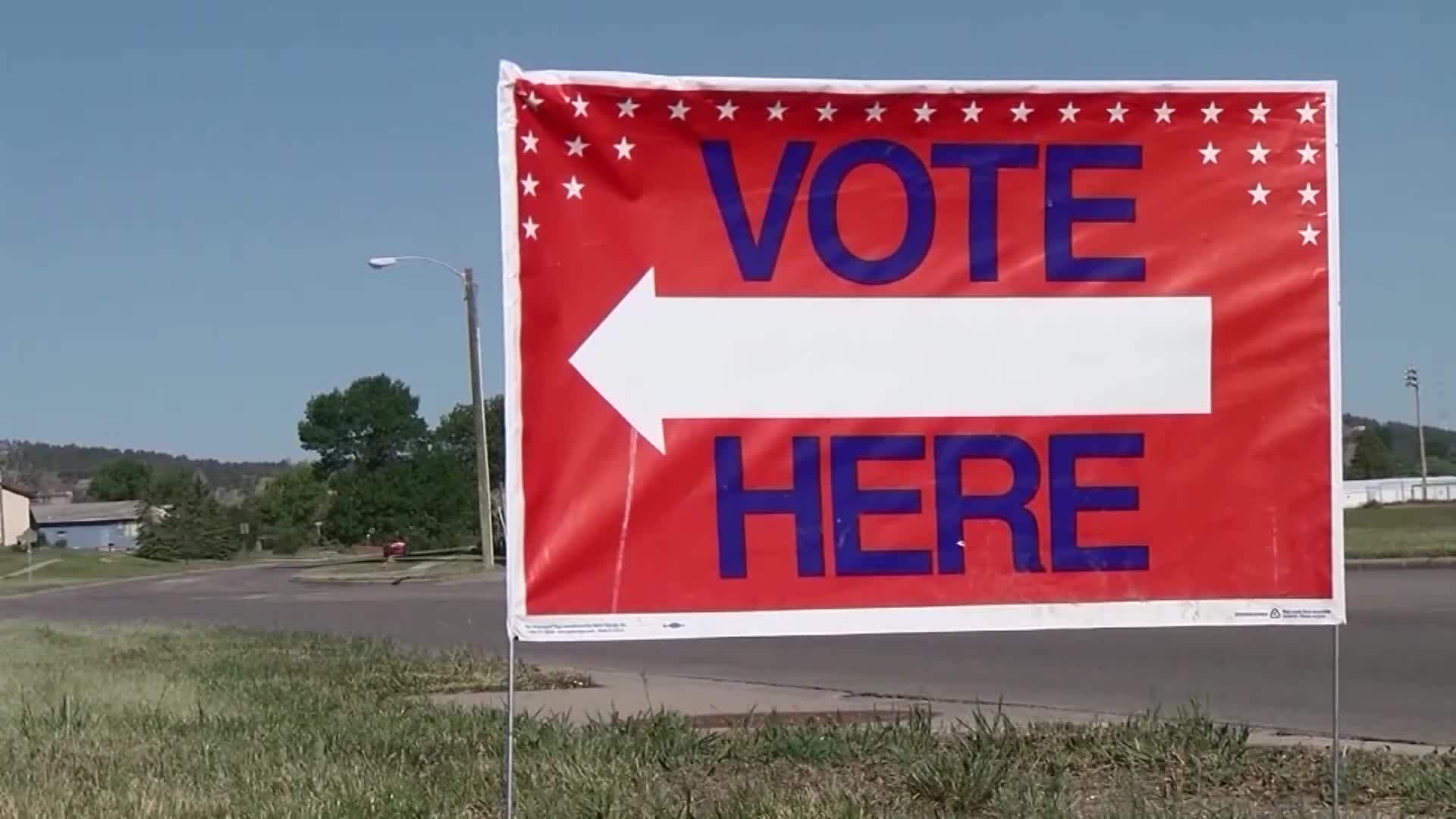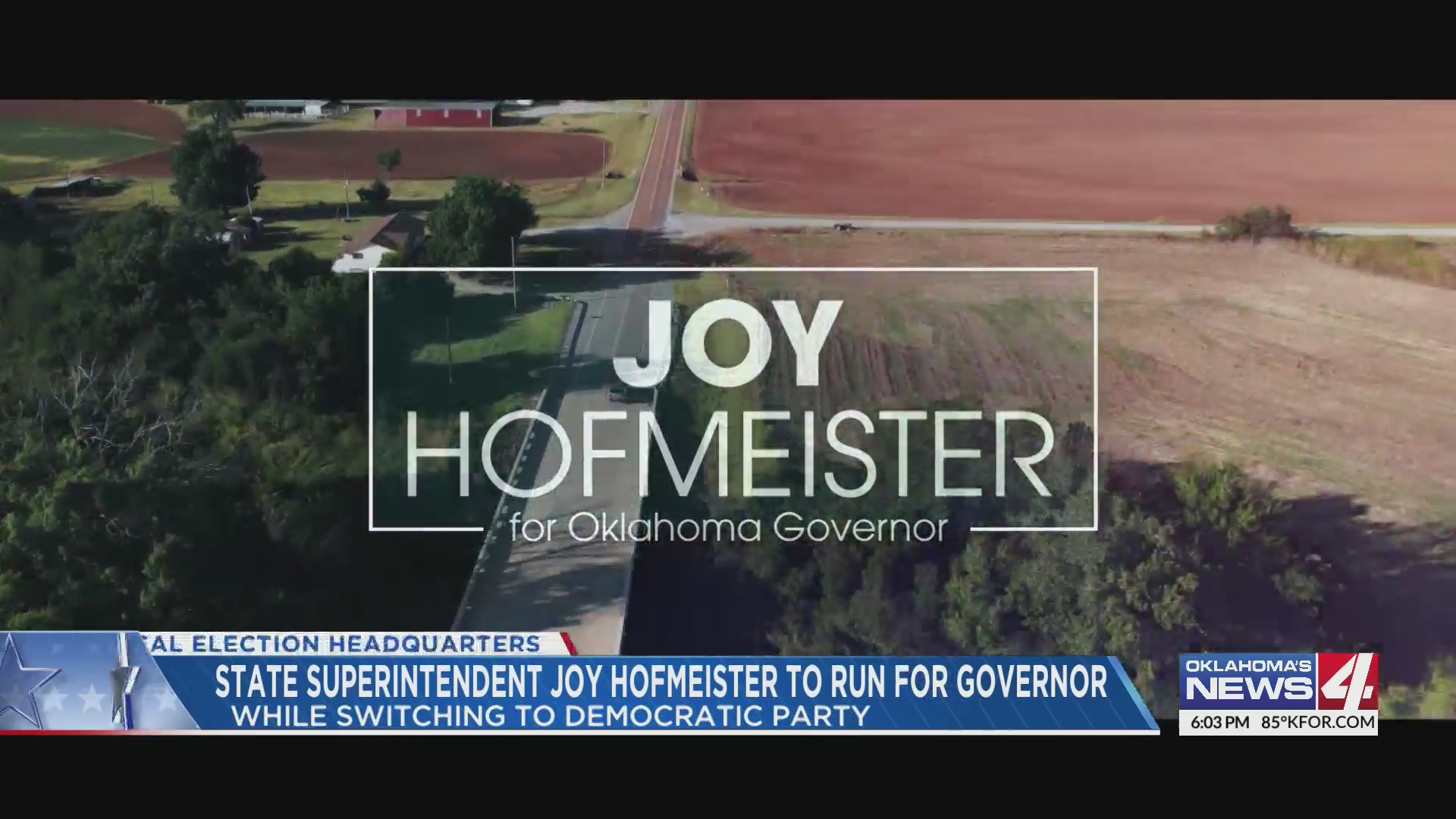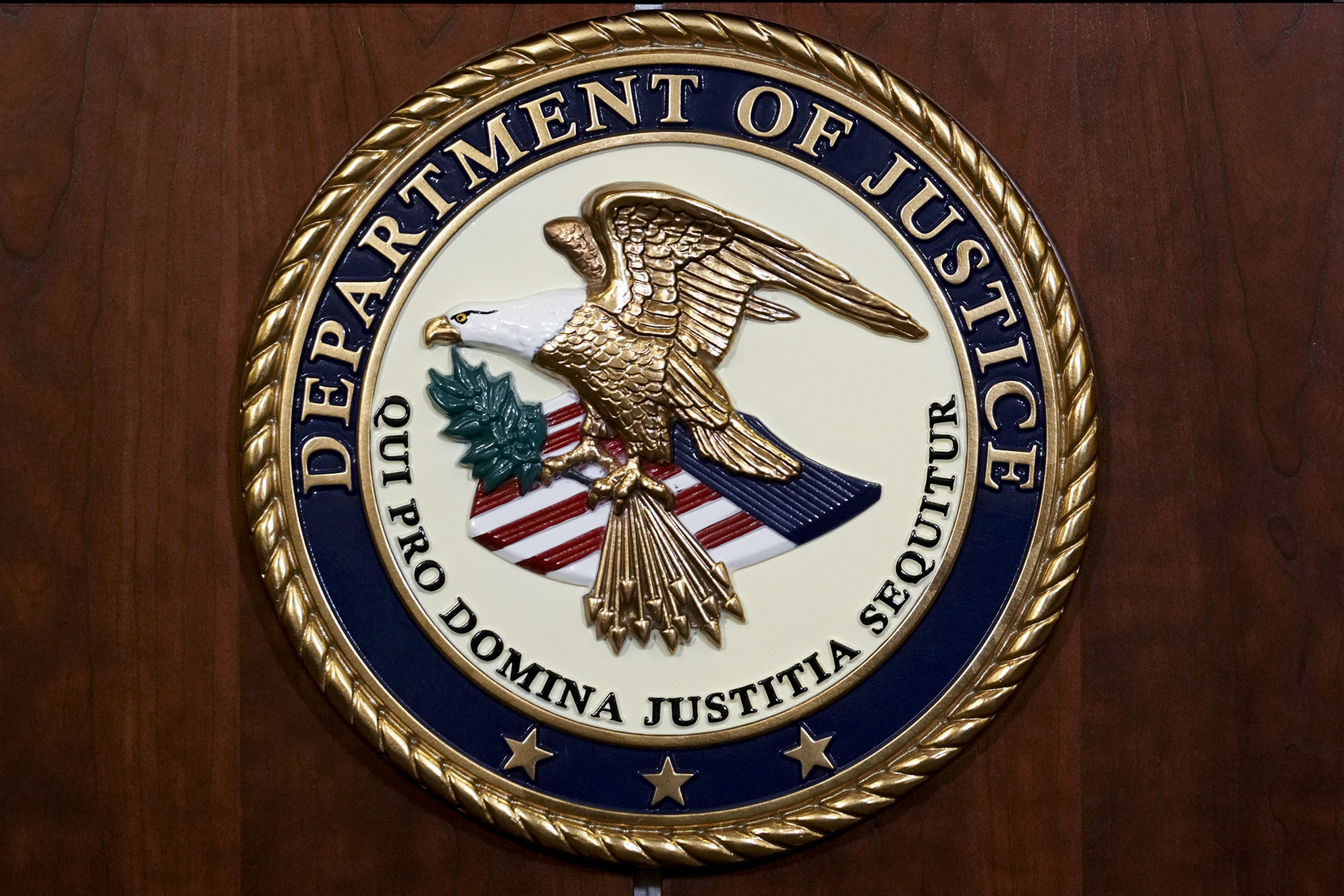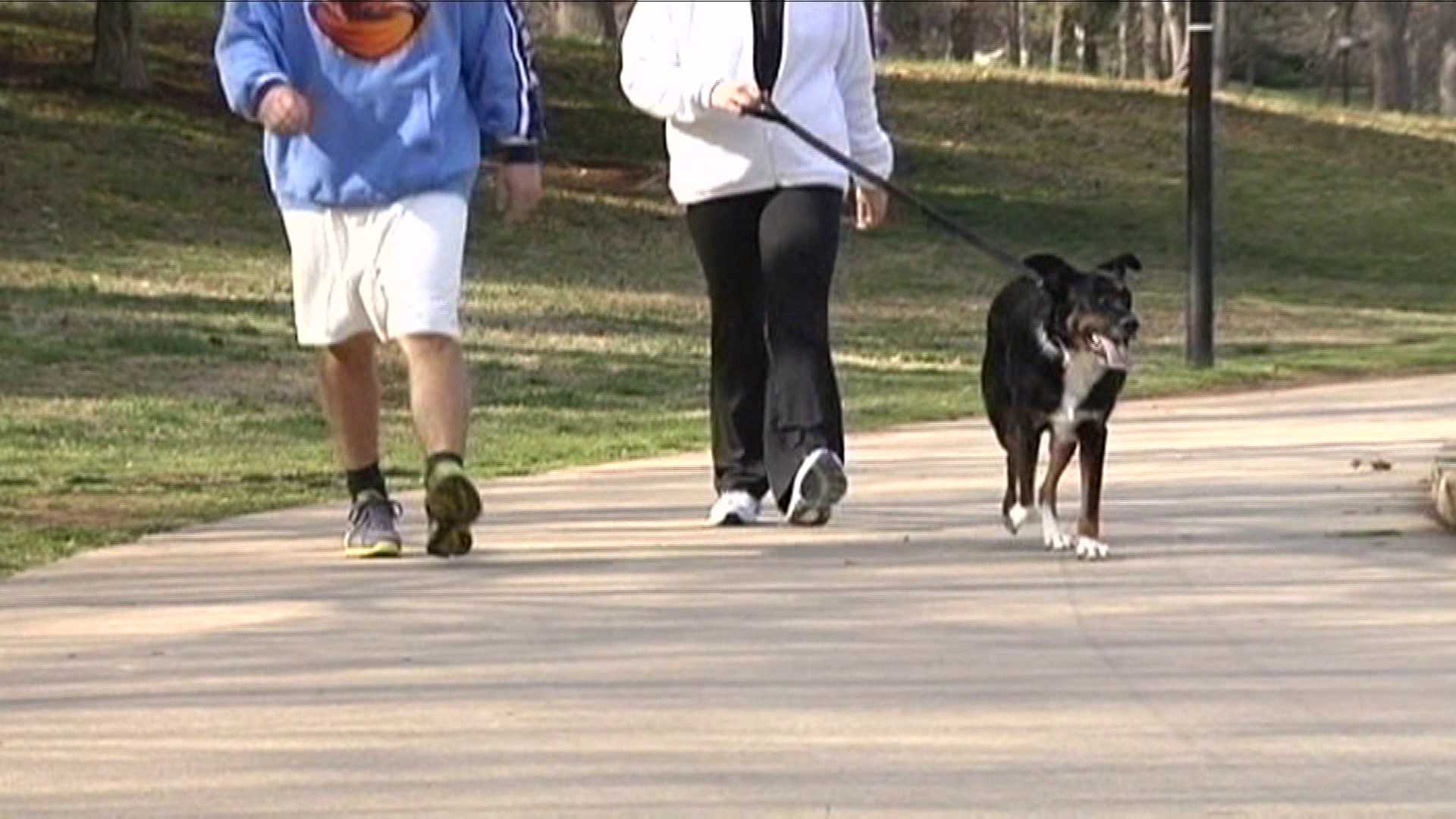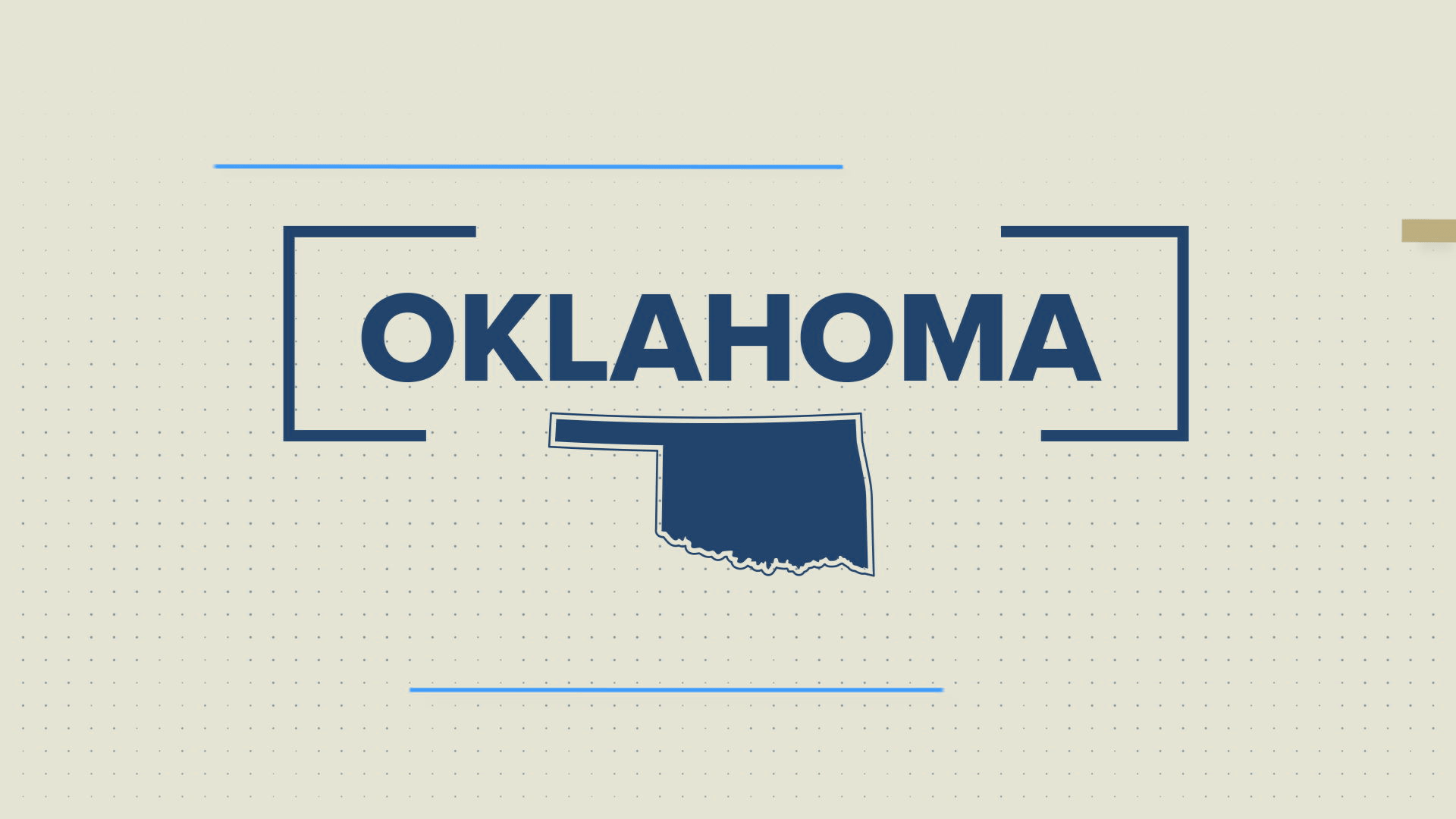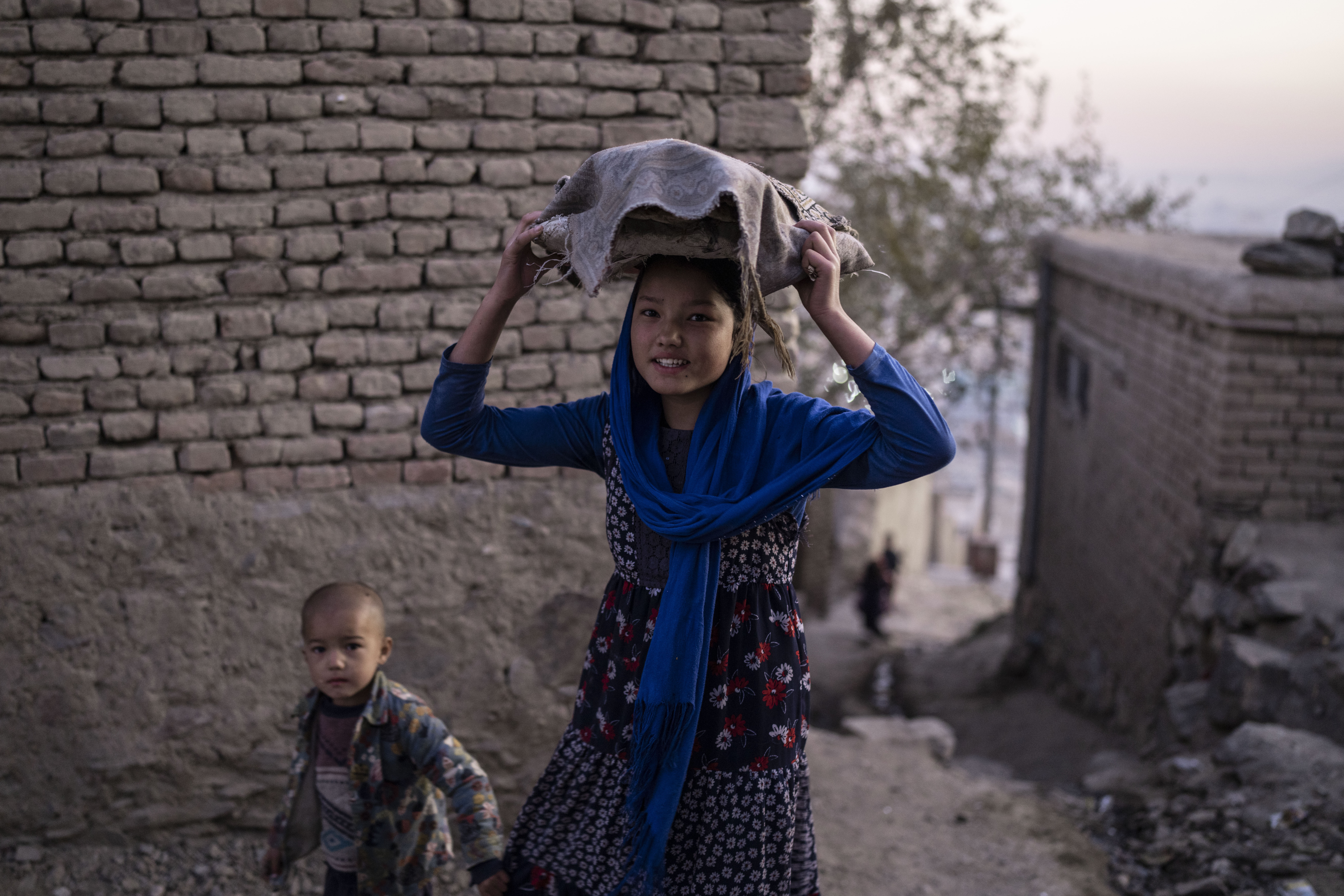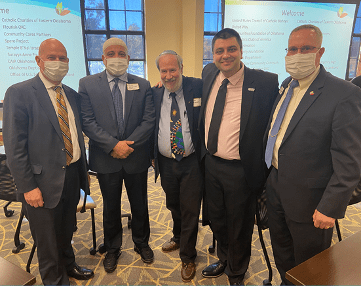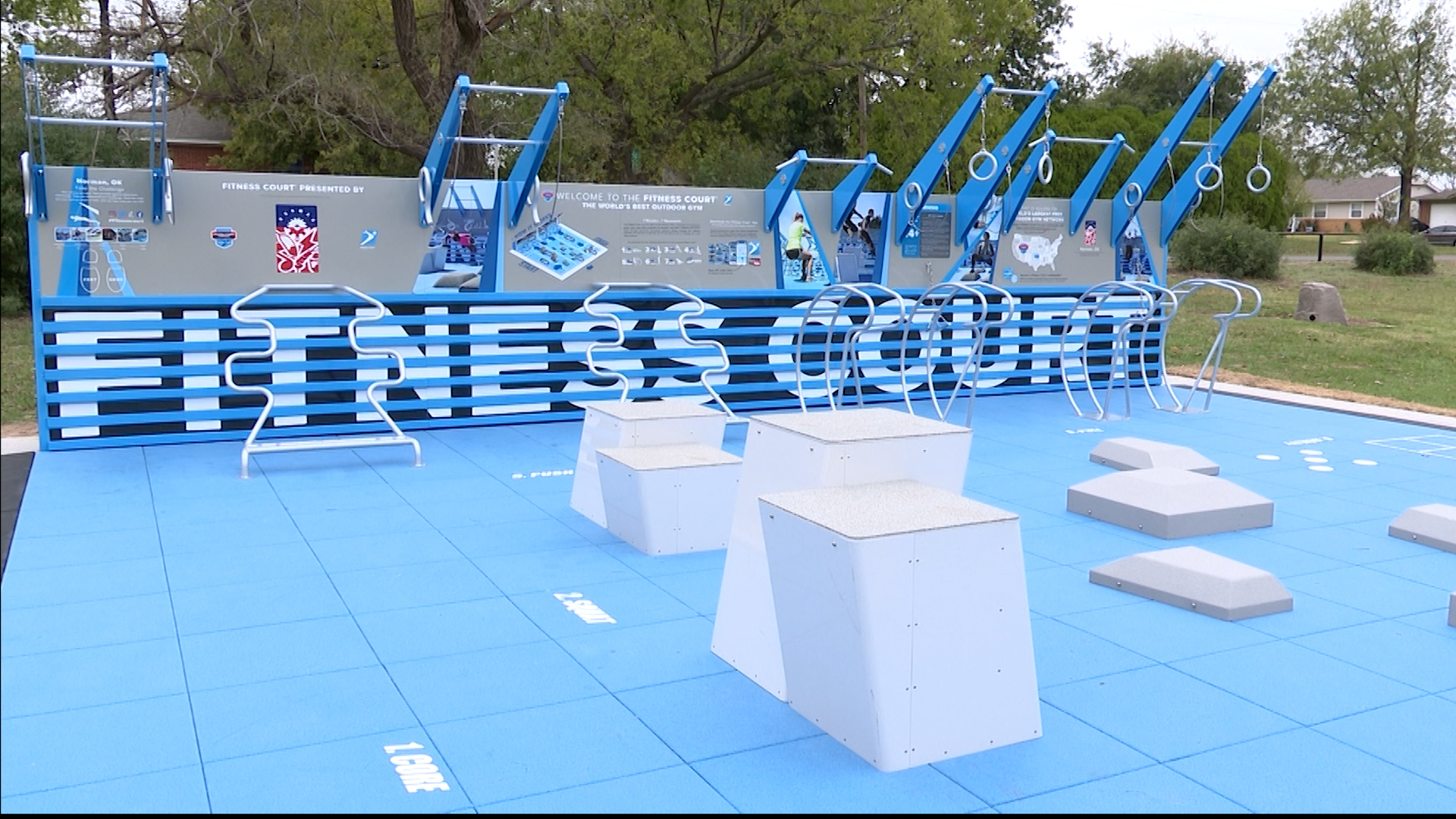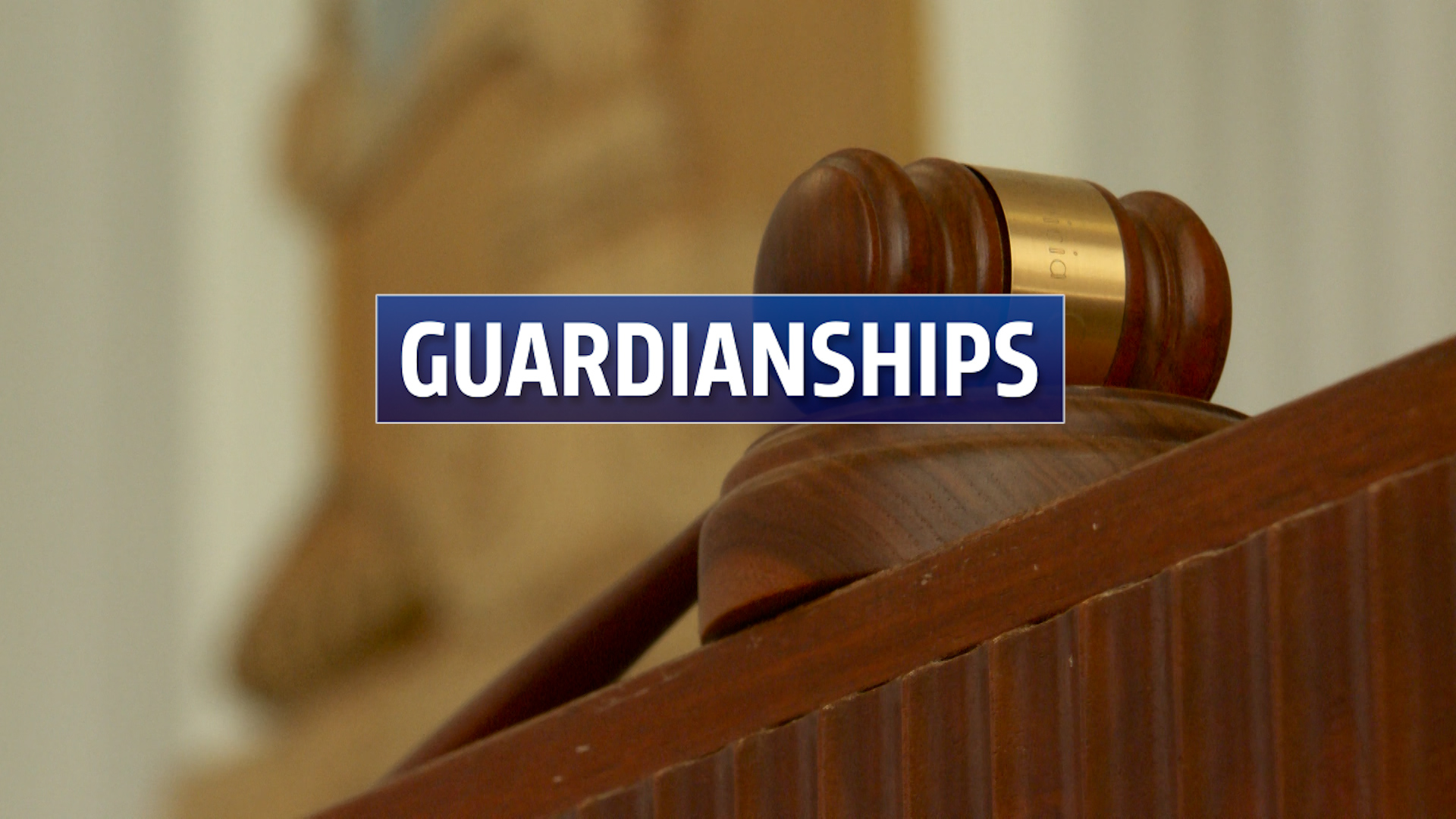ADA, Okla. (KFOR) – The Inter-Tribal Council of the Five Civilized Tribes met last week and passed a resolution urging Congress to give tribal governments additional resources for the ongoing response to the U.S. Supreme Court’s McGirt ruling.
The Muscogee Nation hosted the meeting at the River Spirit Casino Resort in Tulsa on July 9, the one-year anniversary of the McGirt v. Oklahoma ruling.
The July 9th meeting between the five civilized tribes was the first in-person general session since the start of the COVID-19 pandemic, according to a Chickasaw Nation news release.
Jimcy McGirt, the defendant at the center of the Supreme Court case, was convicted in 1997 for raping and sexually abusing a four year old. He was sentenced to two 500-year sentences.
That conviction ultimately led to last year’s U.S. Supreme Court ruling that Oklahoma prosecutors lack authority to pursue criminal cases against American Indian defendants in parts of Eastern Oklahoma that include most of Tulsa, the state’s second-largest city.
The high court decided that the Muscogee (Creek) reservation was never disestablished. The ruling’s impact on Oklahoma’s criminal justice system has been enormous.
“For anybody that has an Indian card, a CDIB card, a certified degree of Indian blood, if they are within the Creek Nation, the state of Oklahoma had no jurisdiction over them,” Native American law attorney Robert Gifford previously said to KFOR.
The ruling led to several convictions being undone, including murder convictions.
The McGirt ruling has been applied to each tribe’s respective territory over the past year.
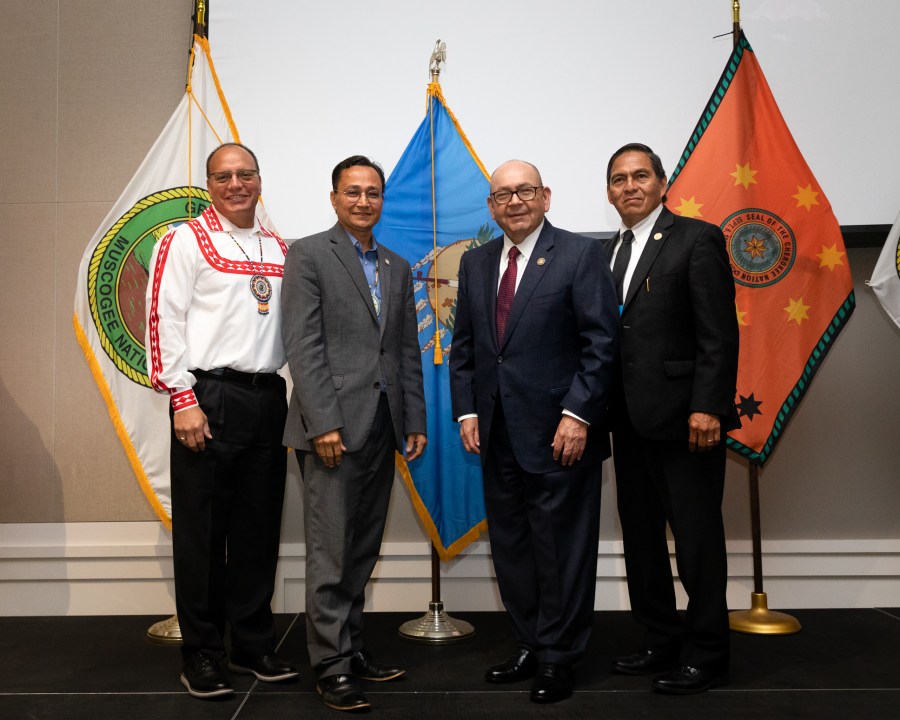
Muscogee Nation Principal Chief David Hill and his fellow tribal leaders discussed the historic decision during last week’s session, pledging to devote resources toward their respective criminal justice system.
“It’s never too late to do the right thing, and the Supreme Court did,” Hill said. “We are still here. We will fight to protect our sovereignty.”
The Chickasaw Nation is prepared to meet the increased duties responsibly, according to Chickasaw Nation Governor Bill Anoatubby.
“Over a year ago, we formed a task force to analyze the situation and developed a comprehensive plan to meet these important new responsibilities,” Anoatubby said. “For years, we have worked closely in partnerships with federal, state and local law enforcement agencies to serve residents of our area, and this will continue to increase with the McGirt and Bosse rulings.”
Choctaw Nation Chief Gary Batton said his Tribe is maintaining law and order on their land.
“The sky is not falling. There’s not a person who has been released that has not gone through our court system or who has not been prosecuted for the crime that has been done,” Batton said. “We are responsible. We are stepping up.”
Each tribal leader said his tribe is working to expand and strengthen their respective criminal justice system, while renewing partnerships with federal, state and local law enforcement agencies.
“The McGirt decision was about the United States keeping a promise, and this country is a great country and ought to keep its promise. The promises of the Five Tribes that our reservations have always been intact, needed to be kept,” said Cherokee Nation Principal Chief Chuck Hoskin Jr., who serves as ITC President. “We started working on the impact of the McGirt ruling and opportunities presented even before the court decision was handed down. And now, a year later, we are well on our way to expanding and building the best criminal justice system – one that is respectful and protects the victims, one that is fair to defendants and one that takes people who must be incarcerated and finds a way, if they can, to bring them back into society.”
The Inter-Tribal Council also passed the following resolutions during the meeting:
- A resolution urging Congress to allocate additional resources for McGirt response and urging Congress to allocate resources directly to tribal governments.
- A resolution supporting federal and state efforts to address the murdered and missing Indigenous peoples’ crisis.
- A resolution urging Congress to swiftly pass S. 1402, the Durbin Feeling Native American Languages Act of 2021.
- A resolution urging Congress to pass H.R. 1884, the Save Oak Flat Act.
- A resolution supporting teaching the complex history of tribal nations and the United States.
- A resolution supporting the president’s FY2022 Indian Health Service Budget Request.
Gov. Kevin Stitt held a forum on Tuesday in the Tulsa area, discussing McGirt’s impact on the state. The forum included a panel of area district attorneys and law enforcement agents.
However, the forum was frequently disrupted by several crowd members, voicing their displeasure with Stitt’s opposition to the McGirt ruling, according to KJRH.
The forum ended earlier than scheduled because of the disruptions. Go to the KJRH website for the full story on the forum.




















